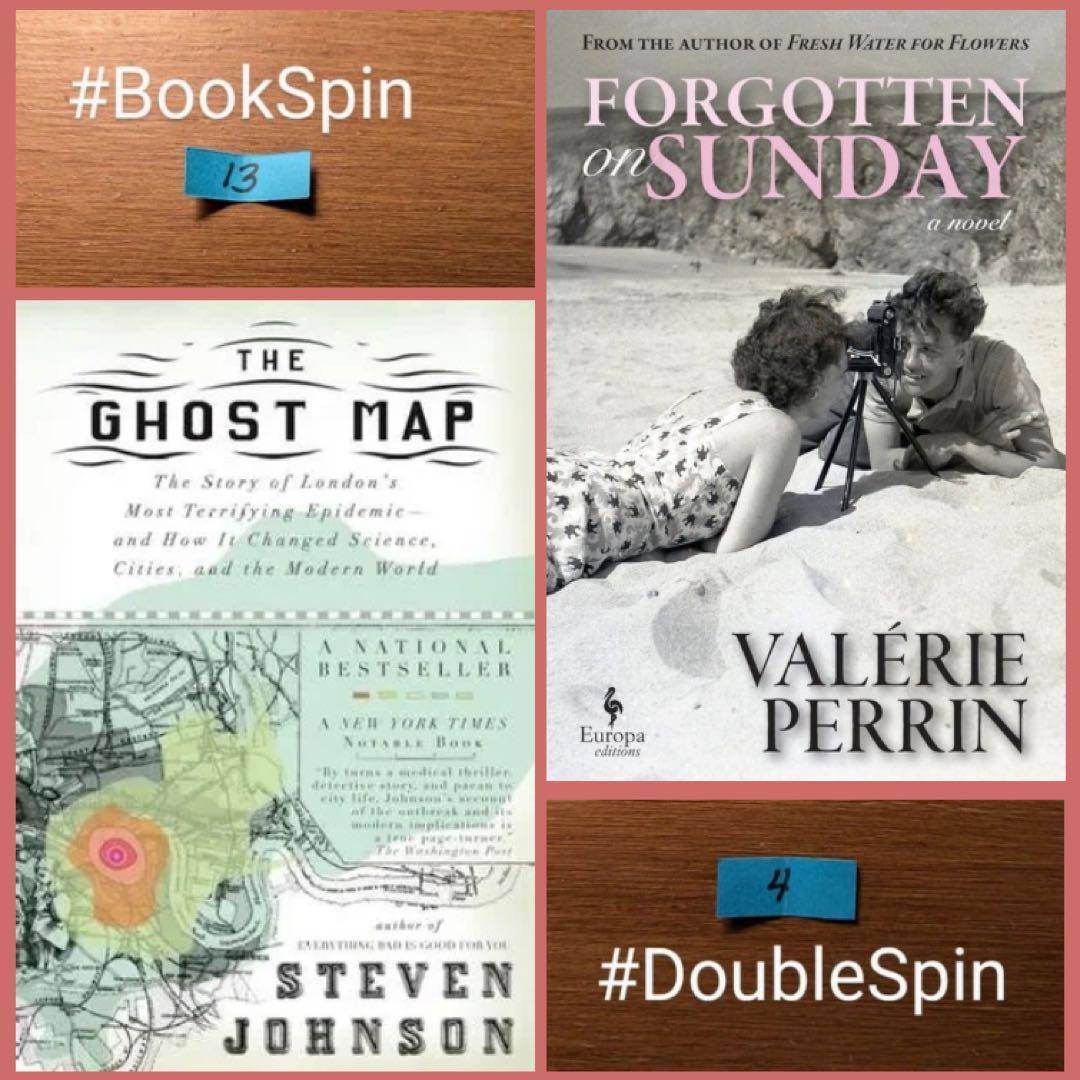
April #bookspin - The Ghost Map, which I‘ve been wanting to read for years (and now I own a copy!)
#doublespin - Forgotten on Sunday, an #auldlangspine pick that I‘ve been looking forward to reading but haven‘t gotten around to yet. Yay!

April #bookspin - The Ghost Map, which I‘ve been wanting to read for years (and now I own a copy!)
#doublespin - Forgotten on Sunday, an #auldlangspine pick that I‘ve been looking forward to reading but haven‘t gotten around to yet. Yay!
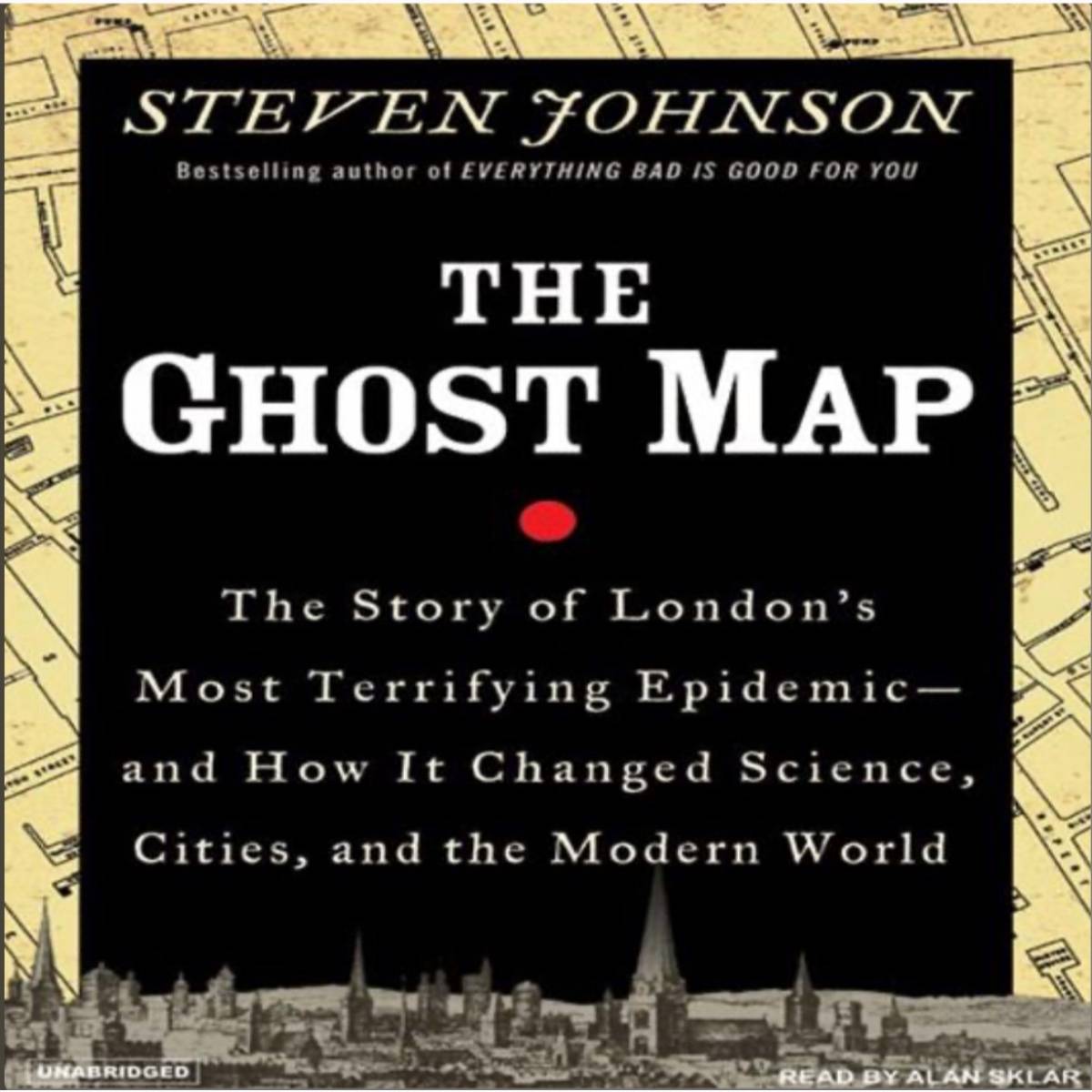
Over generations, the gene pool of the first farmers became increasingly dominated by individuals who could drink beer on a regular basis. Most of the world‘s population today is made up of descendants of those early beer drinkers, and we have largely inherited their genetic tolerance for alcohol.🍻🍺
#quotes
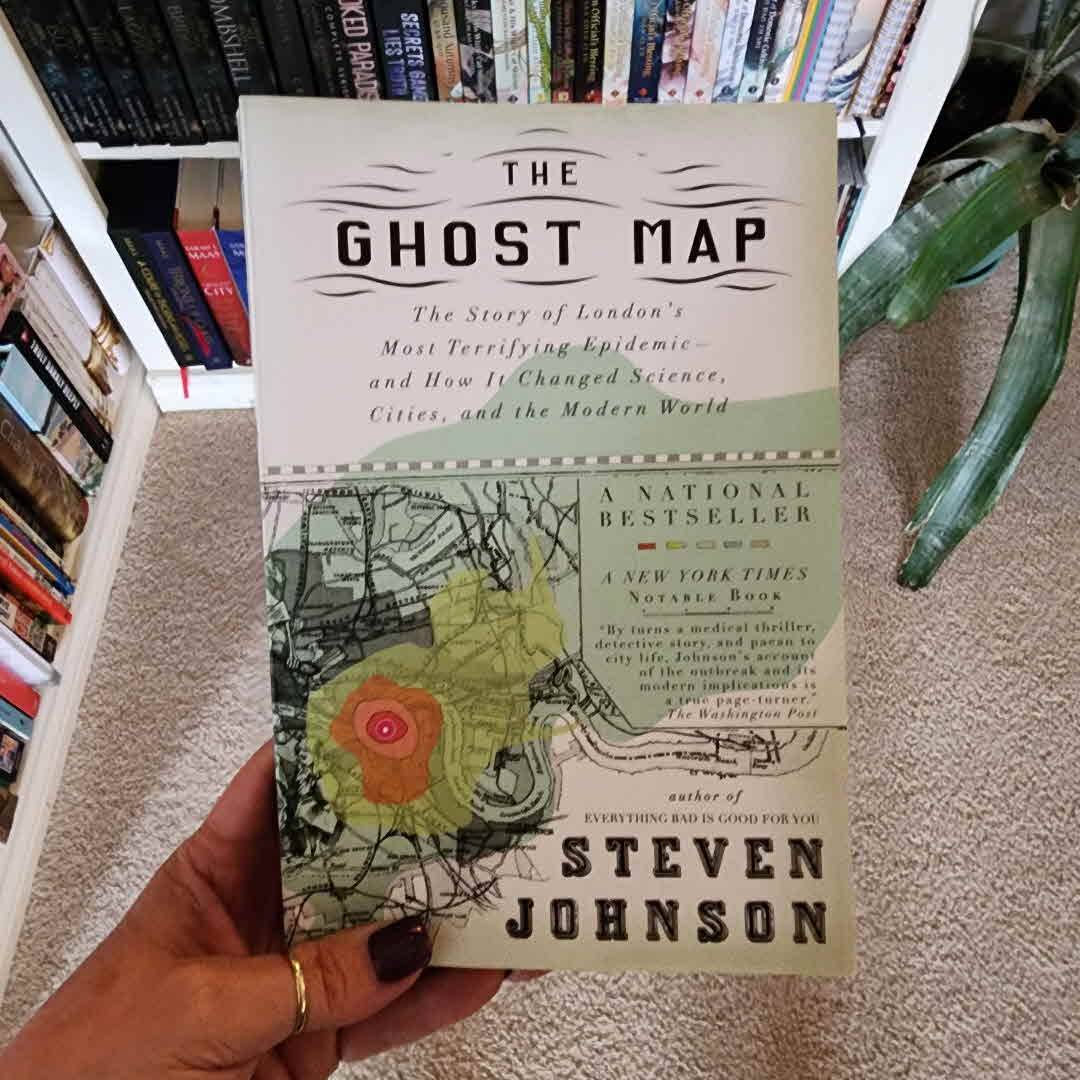
Y'all this book sucked me in! I'm trying to do better about my #nonfiction reading and this book focuses on the cholera outbreak in London. This was a fascinating read part medical thriller part medical mystery and well paced. #bookspin @TheAromaofBooks
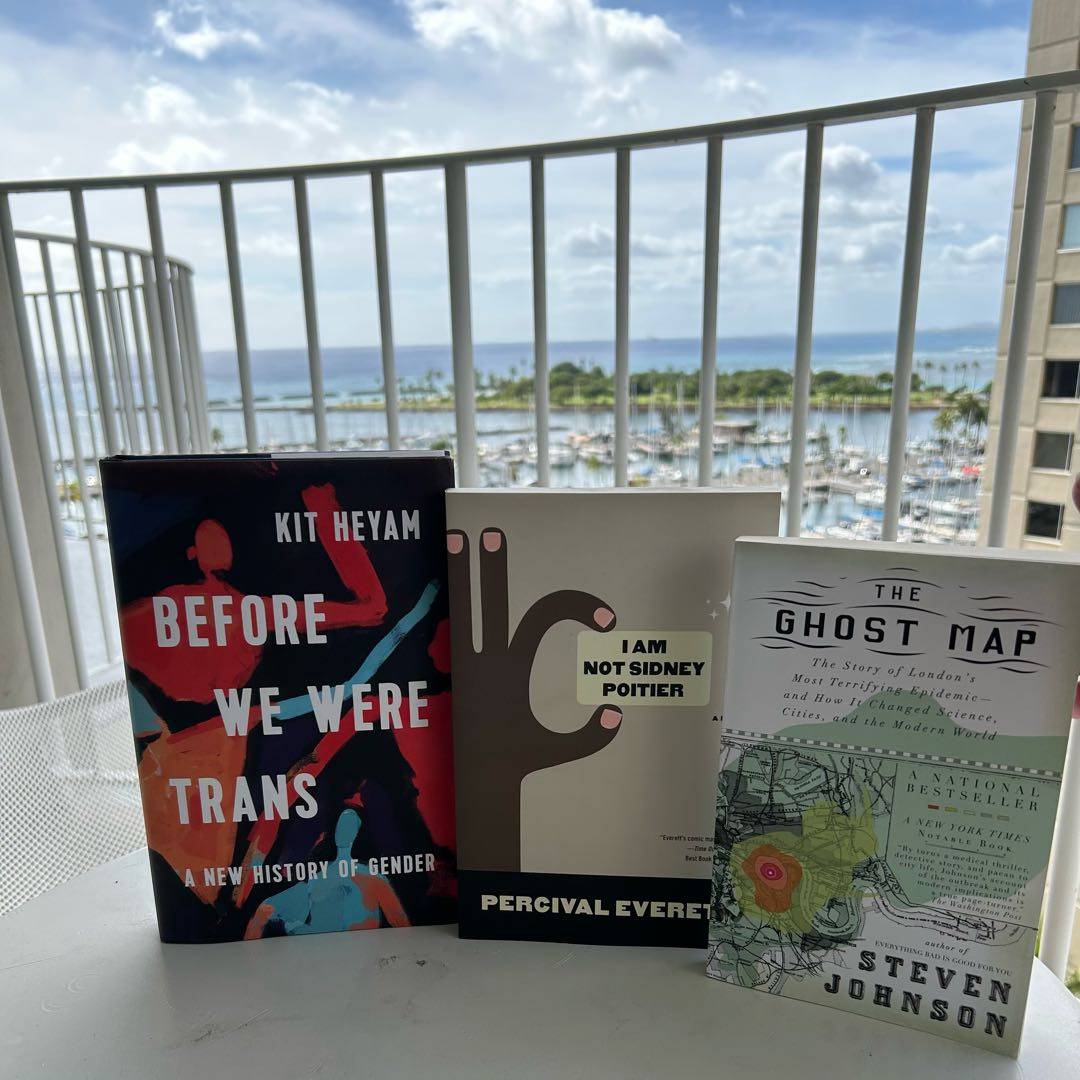
My husband and I needed the equivalent of a weekend away from the farm to take a little break, so we‘ve spent the last few days on Oahu relaxing. And here‘s my small haul from their Barnes and Noble! We really don‘t have any good bookstores at home, so it was lovely to have a nice relaxing browse.
This was a throughly engaging read about the story of cholera and the work that was done behind the scenes to create a modern day epidemiology field within medicine. It included a chapter on the Map created. By John Snow, that told the story of how the map he made allowed for an understanding of what cholera was doing
#SwapBook
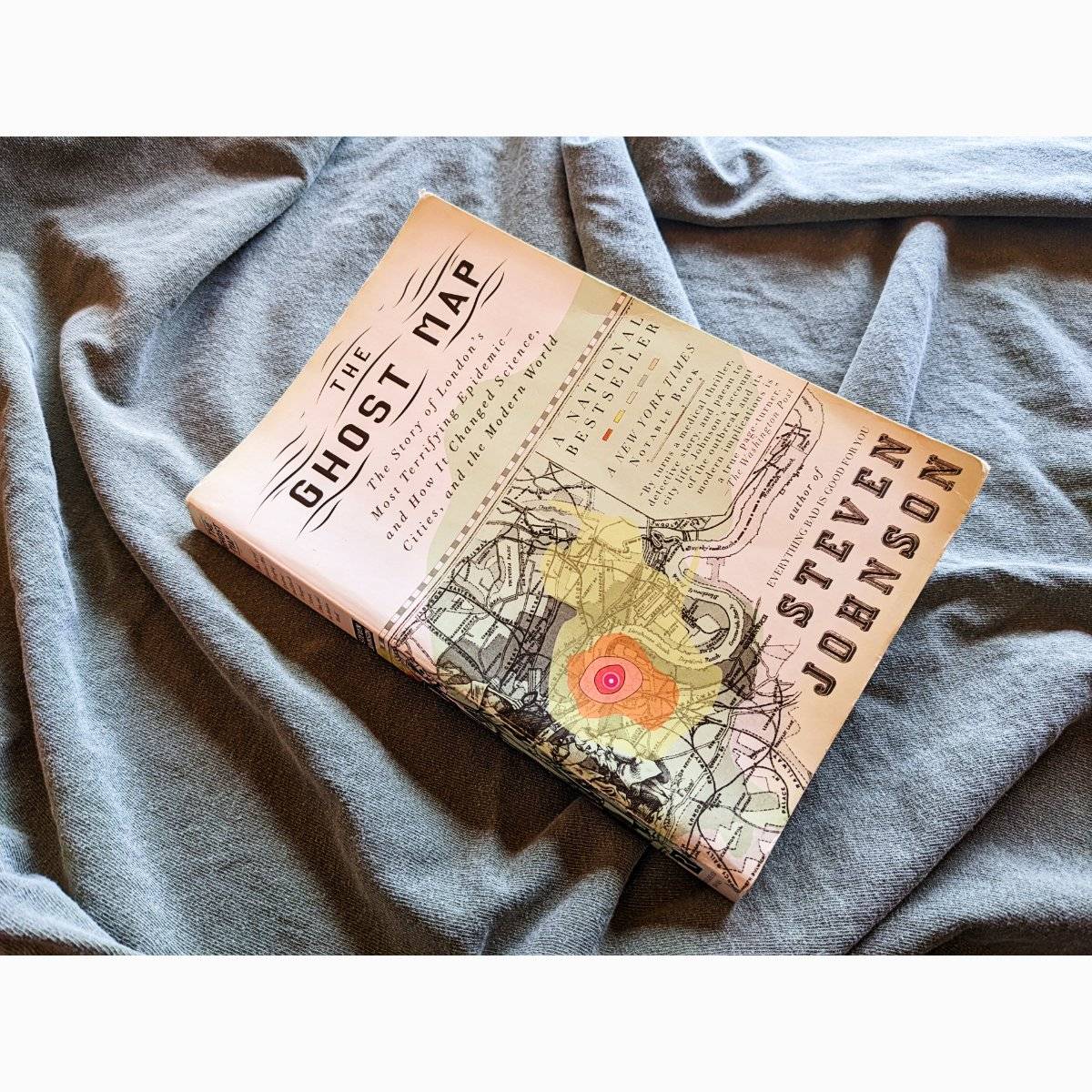
Well done combo of lovingly evoked word-painting of Victorian London, and medical thriller. The story of the city & the cholera outbreak there in the summer of 1854. Over 120 people died in a three day period in Soho. Local doctor John Snow, along with young clergyman Henry Whitehead set out to investigate, trying to understand how the outbreak had happened.
An instant classic when published in 2007.
Full review: https://tinyurl.com/fdam4rc7

Picked up several years ago, I believe at an airport. Read maybe a few chapters.... picked it back up this year to finish. A bit slow but fascinating bit of history and medical geography. (Original form of what we now call contact tracing)
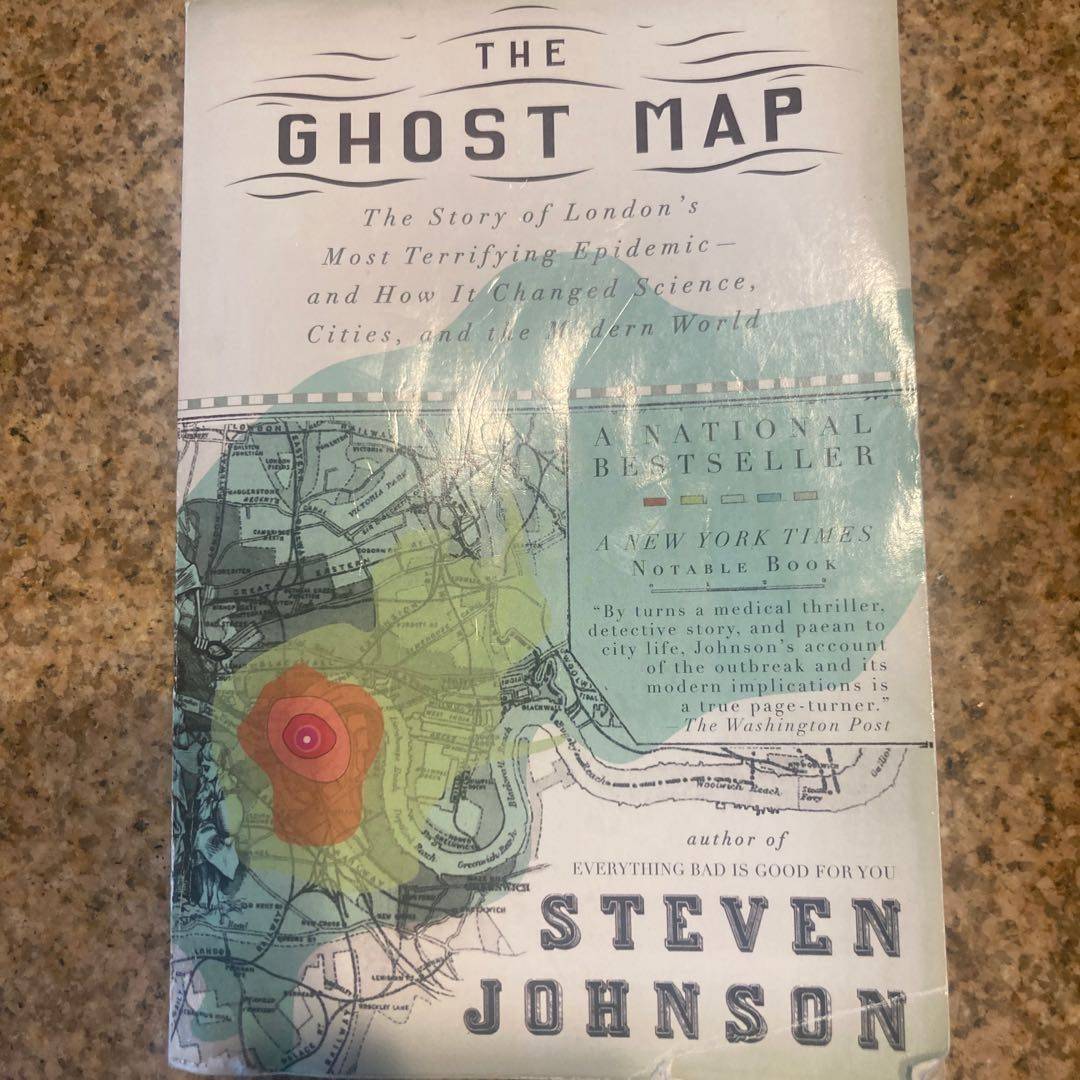
Really interesting to read this book during this pandemic. It was also sad to read the epilogue, where he was talking about how our technological advances will be able to stymie a future pandemic. The thing nobody ever counted on was disinformation and conspiracy theories being the thing that allows a virus to run rampant.
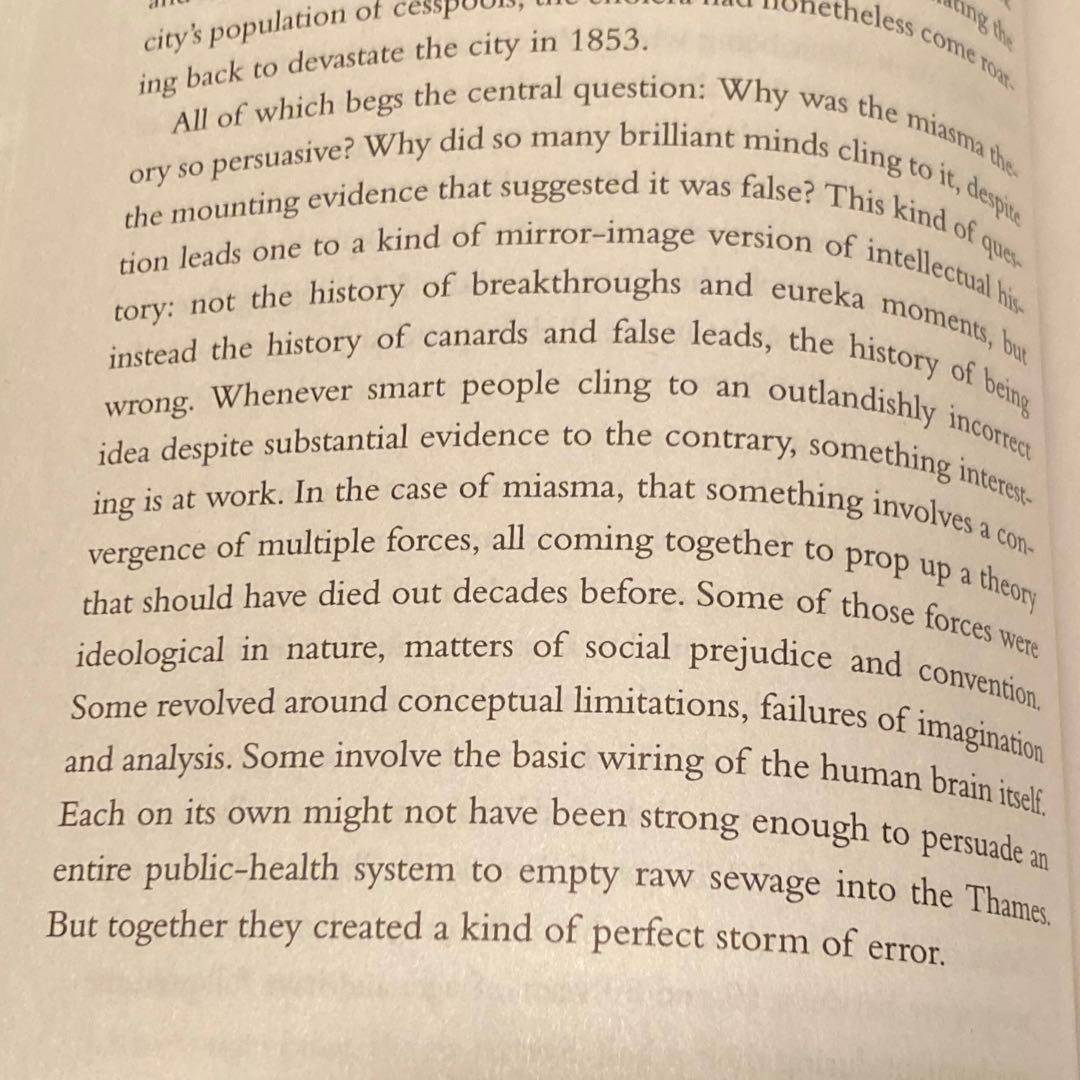
This book is about the cholera epidemic in London in 1854. There is much discussion of the miasma theory in this book, which is really interesting to read now since we know that Covid (and many other diseases) are actually airborne. This particular paragraph is very interesting in light of the fact that it took *so long* for the scientific establishment to acknowledge that Covid is airborne.
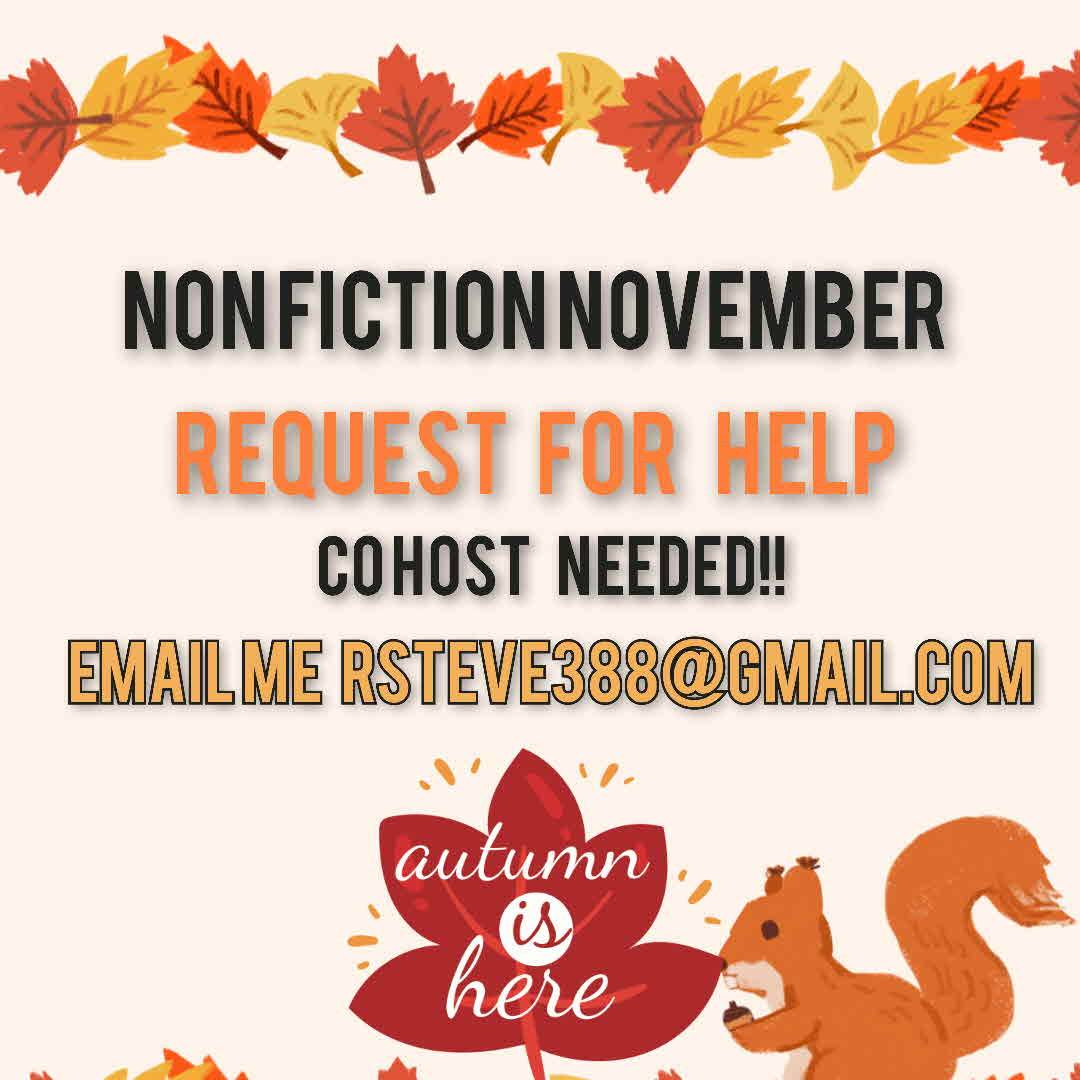
Hey y'all. I want to host non fiction November this November. But I will need a co-host. Of your willing to help, promotions, provide support to participants and track weekly points that participants will send in. Please email me at rsteve388@gmail.com
The epilogue kind of lost me when he started talking about 9/11 and terrorism. It‘s supposed to be a book about the cholera epidemic in London and the beginnings of contact tracing and epidemiology…so the terrorism discussion kind of thew me off. Otherwise, informative book.
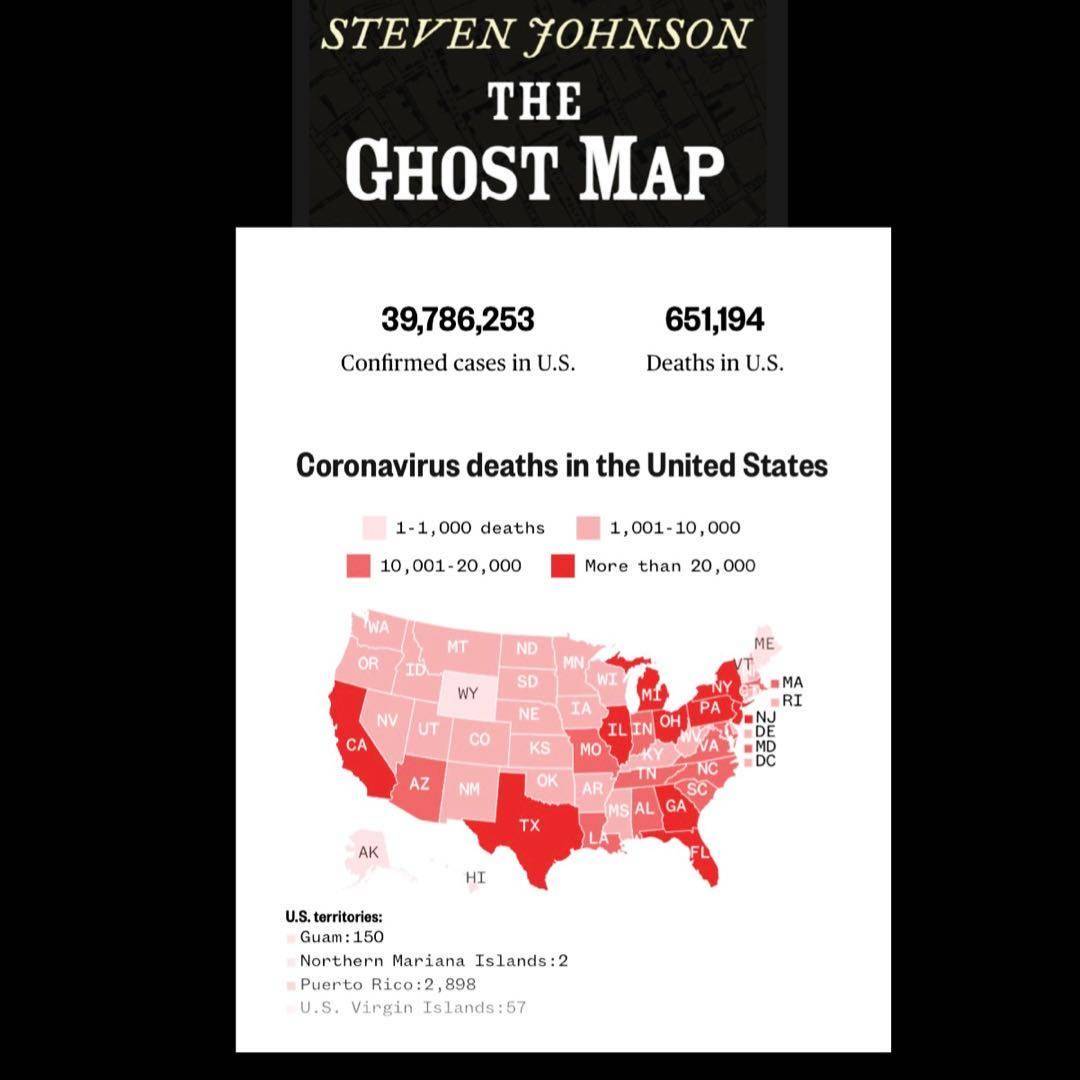
This book was an incredibly interesting chronicle of cholera, sewage systems, politics vs science, preventable death, impact of city systems, socio economic disparity and stigma and most of it in Victorian London. The epilogue was eerie to listen to considering this book was written well before COVID-19. If these topics interest you- read it! If you are on the fence about vaccines read it, if you don‘t understand disease and epidemics read it.
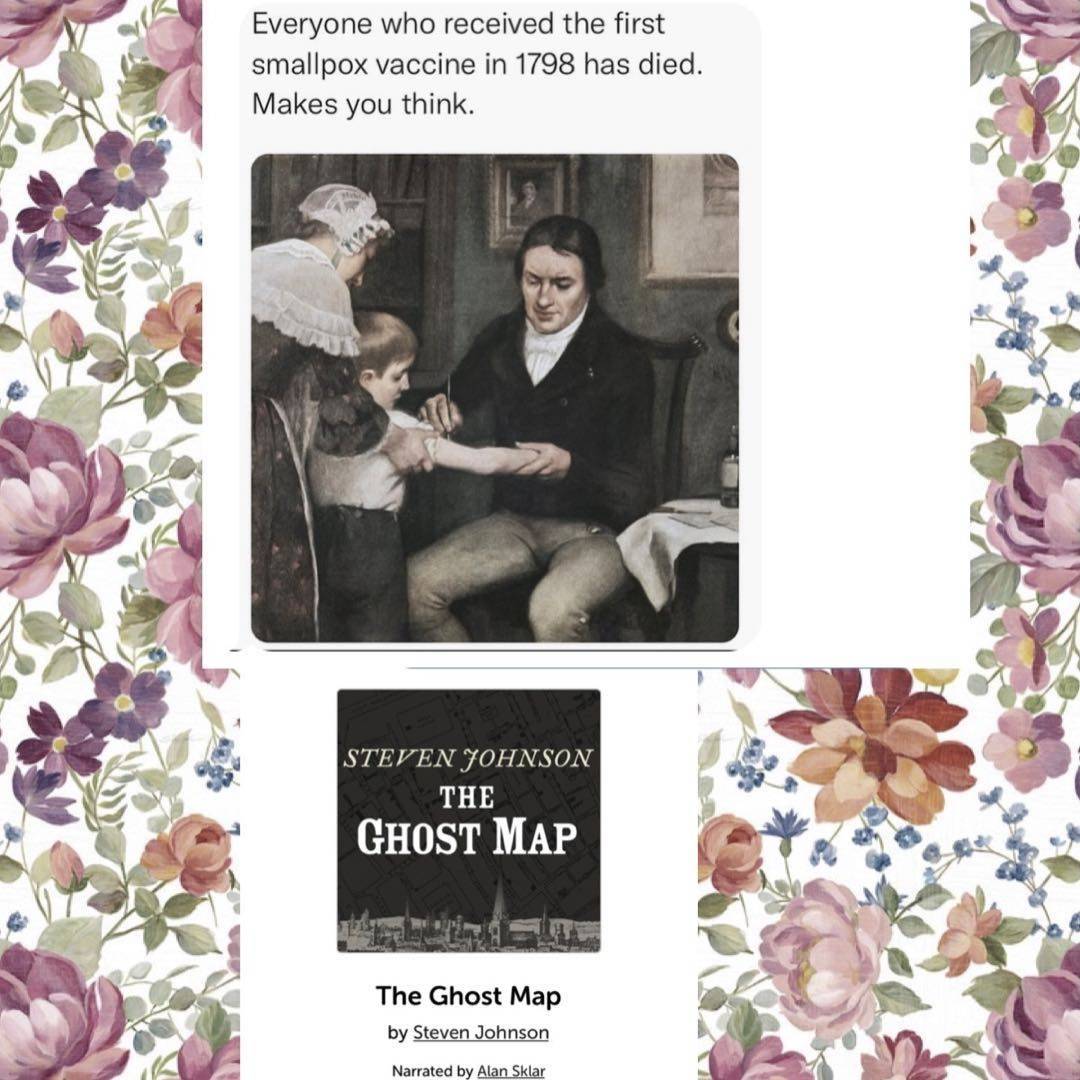
I am 1/2 through listening to The Ghost Map. Another book I think should be in the hands of high school and college students. Questioning how science works? Disease spreads? This one and Spillover have been Two of my favorites so far. I threw a little humor in too. 🌝😘
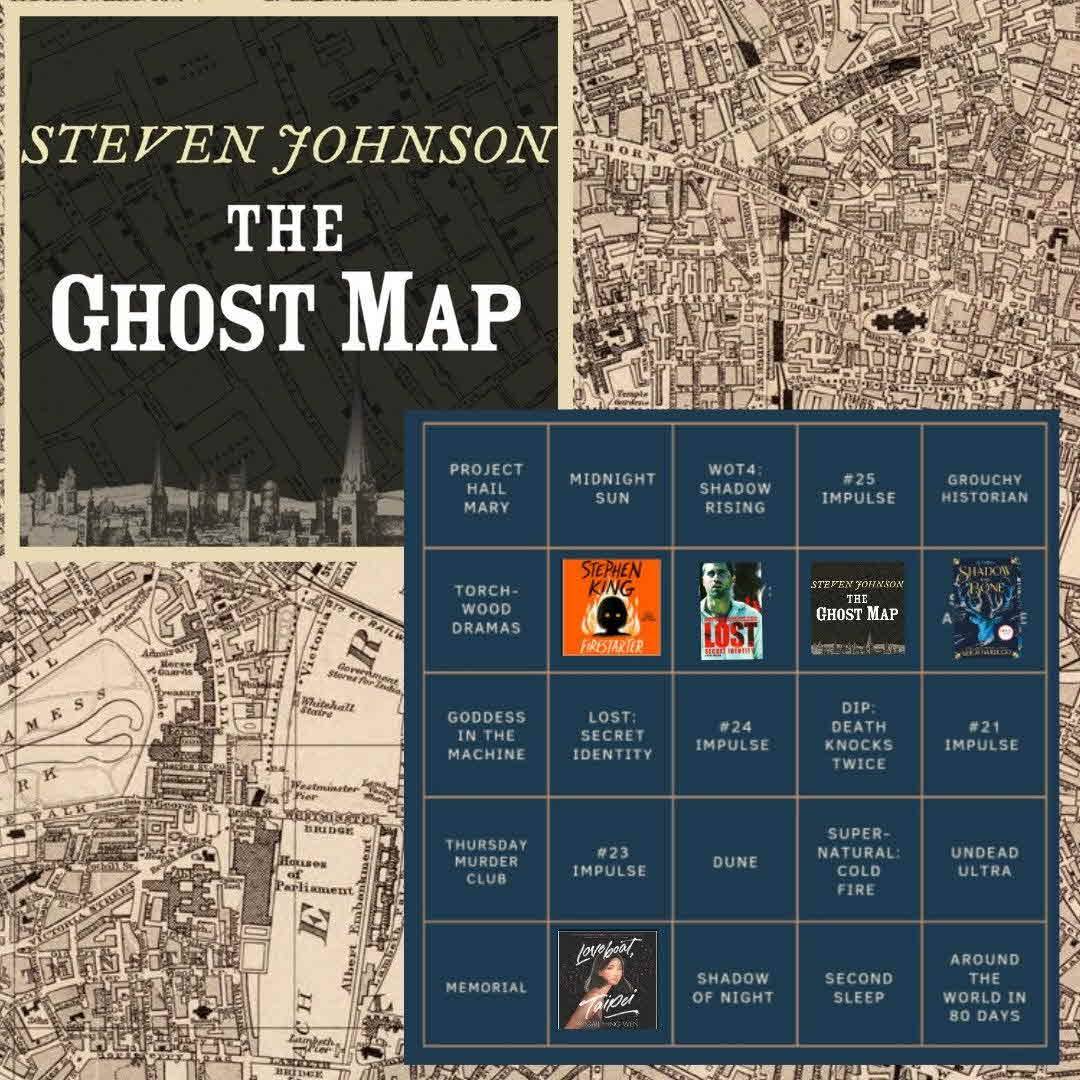
⭐⭐⭐
I found this one to be at times very interesting and other times very dry. The story of how Dr. John Snow worked out the way in which cholera outbreaks were transmitted was a good one, but there was lots of repetition about the pushback he received from miasmatists. What I found most fascinating was that historians can look back and get such a clear image (down to the movements of individuals) of the outbreak.
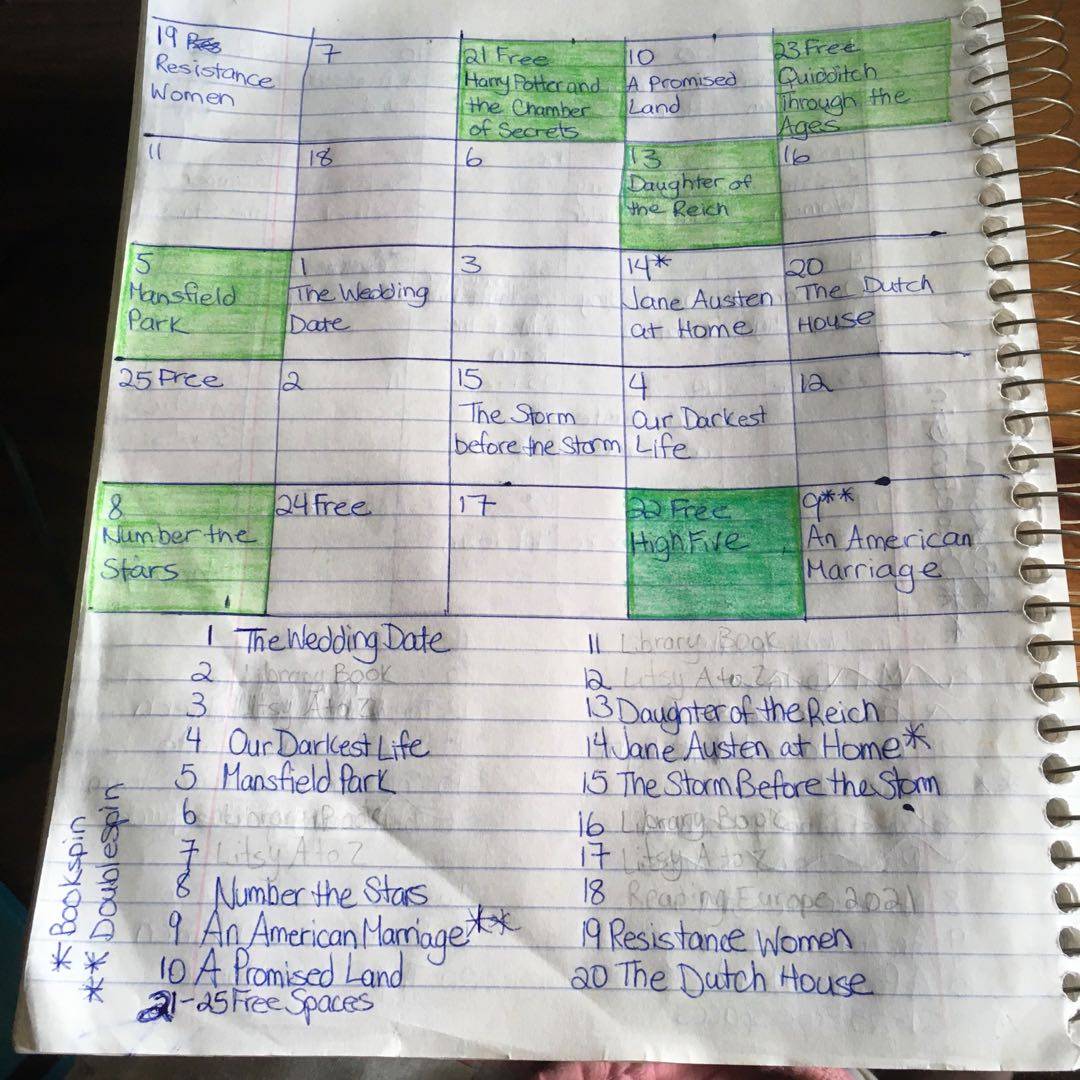
It was a decent month; am still working on Jane Austen at Home. Including the tagged book, I got 7 books completed this month 😀, but no bingos 😔. #bookspinbingo
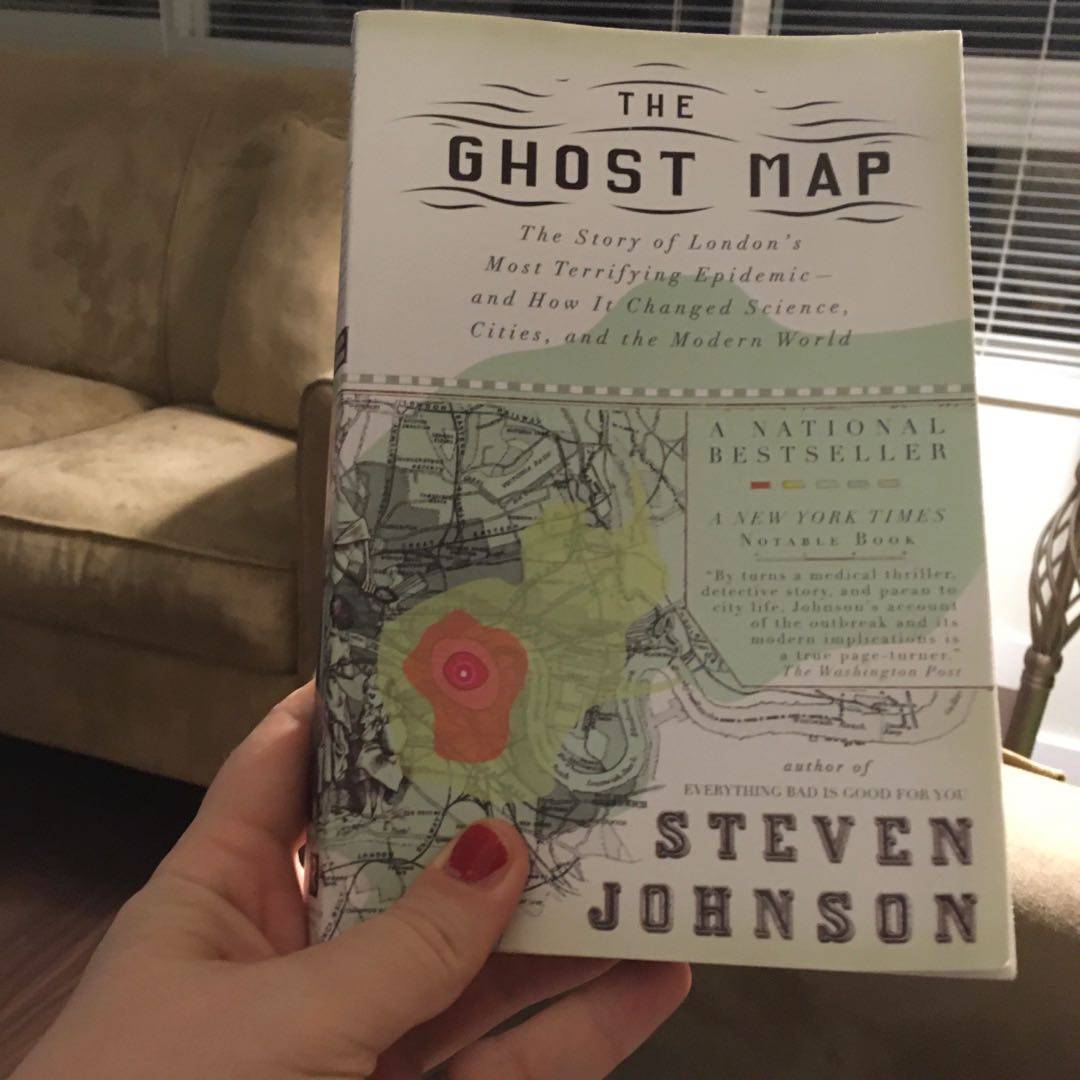
3.75⭐️ For the most part, I quite enjoyed the book, but what brought it down was the epilogue, which I felt had very little to do with the actual book and also it just hit a little too close to home. #2021 #bookreview #nonfiction #history #bookstagram #science #listyatoz2021 #g
It was my #doublespin book for February
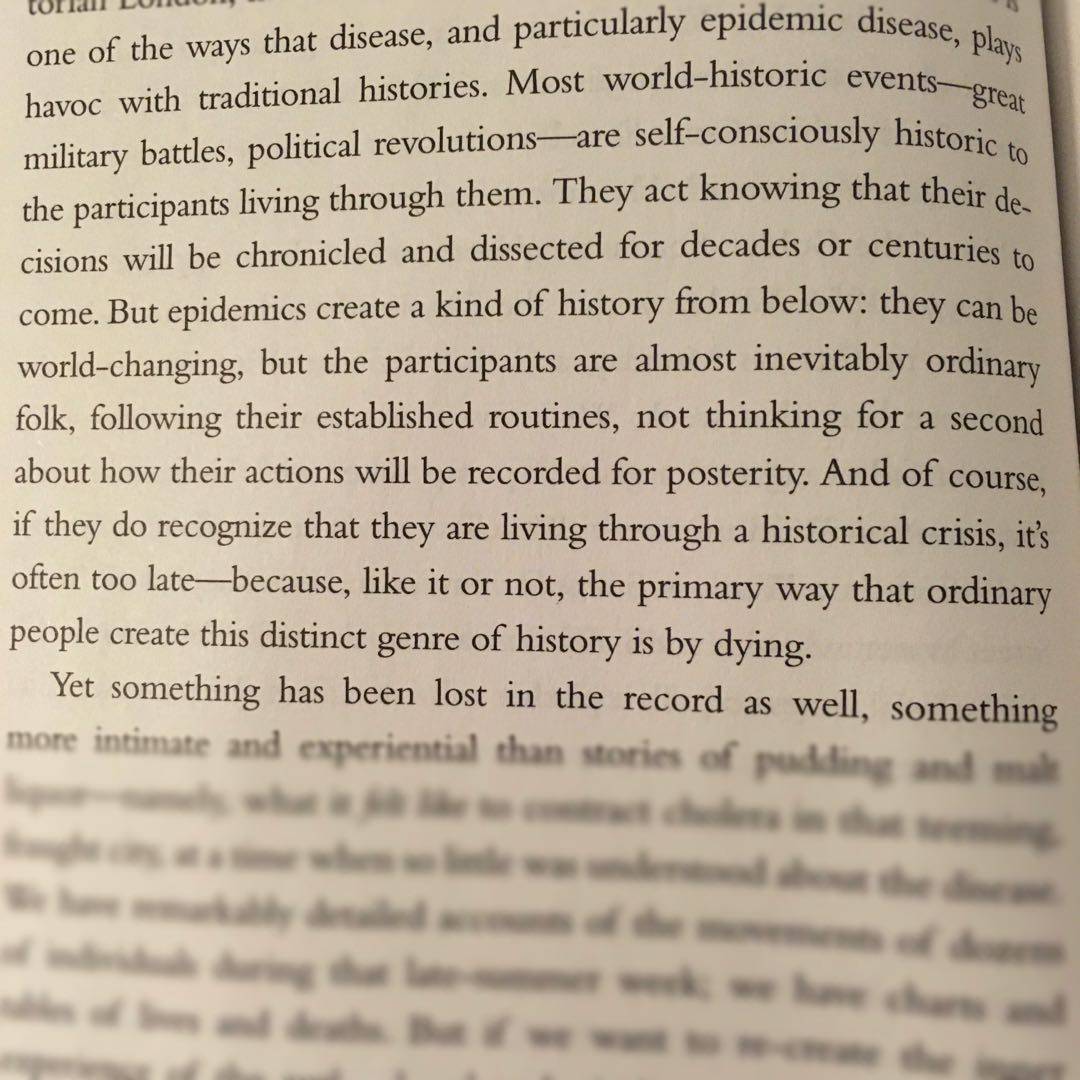
Feels a lot like this pandemic....
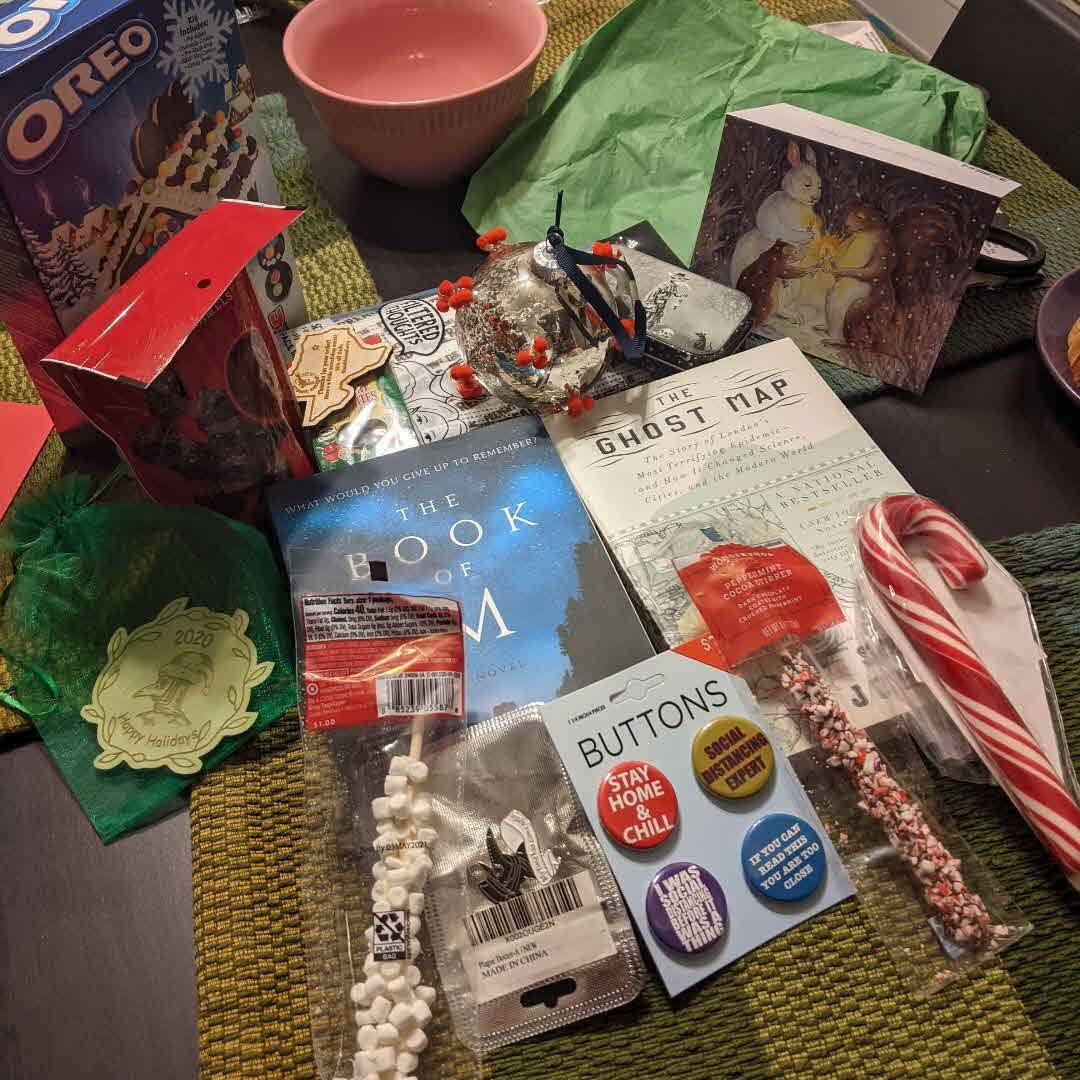
Happy Creepy Christmas everyone! #CC #Creepychristmas I loved my box. It was so full of goodies and books! Thank you chrissy for my box! Everything is perfect. Sorry I didn't post when I got the box! My apologies.
@teebe
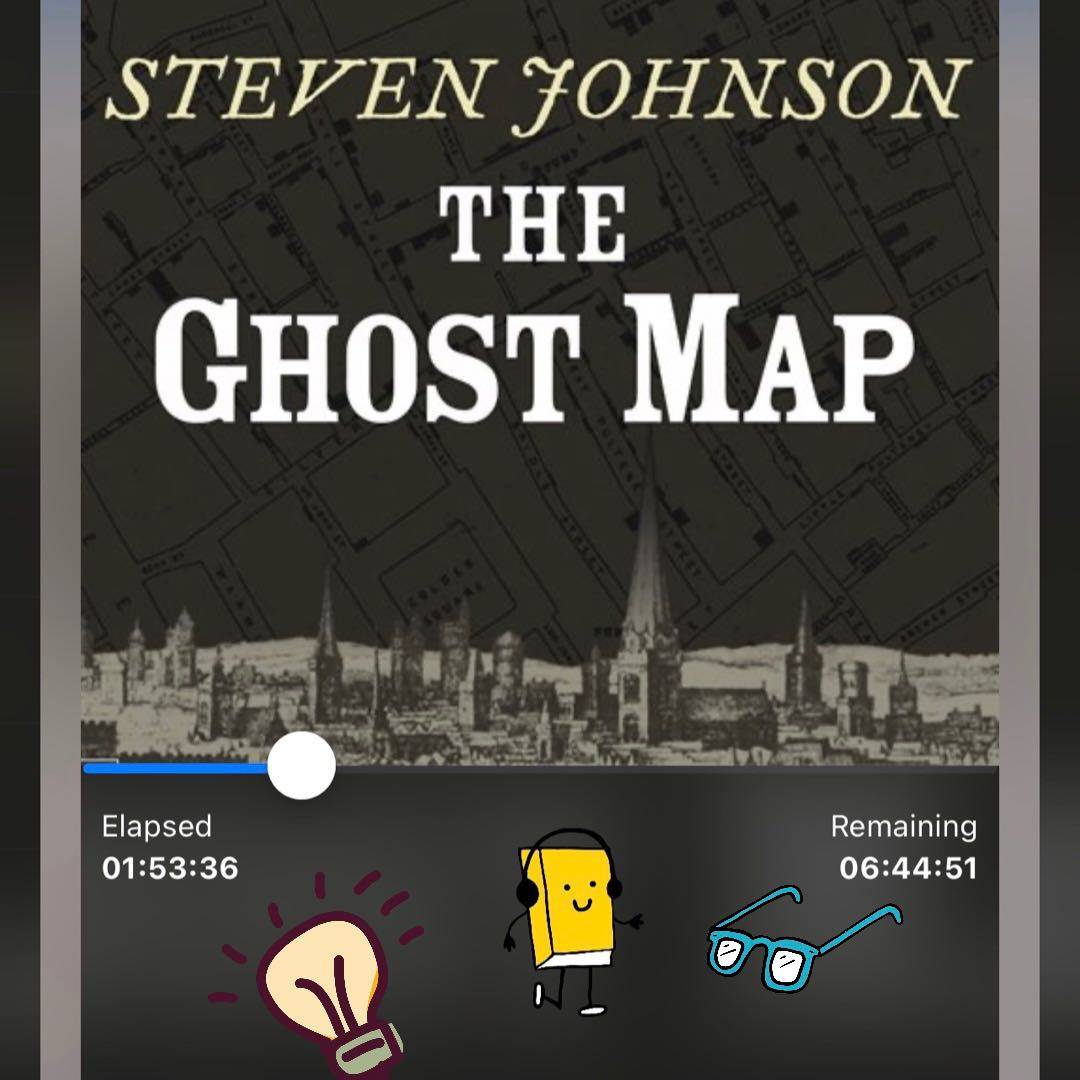
Interesting to learn the temperature of Ether was very important on how effective of an anesthetic it was
📚💡 🔬
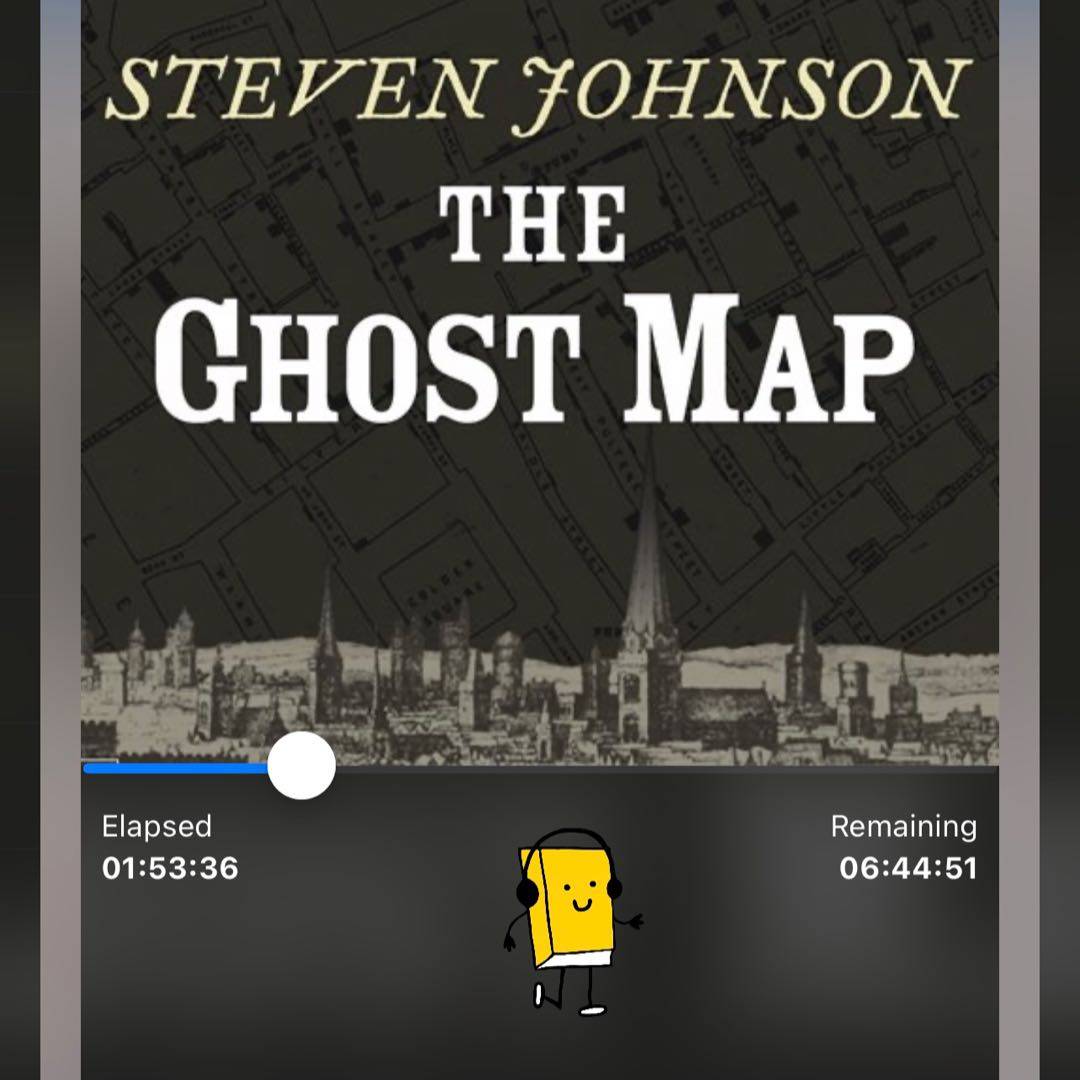
Listening 🎧 about the 1854 epidemic shows humans never learn/change-we are too quick to spit out untested information. The ‘experts‘ were recommending the wrong treatments (eg. castor oil in people already suffering diarrhea 💩) & the newspapers were spreading any information-confirmed or not-to the masses. Unfortunately this led/leads to mistrust. Sadly fascinating. Also spoke of tragedy of families dying alone. That rang familiar also. 🍀🙏🏻
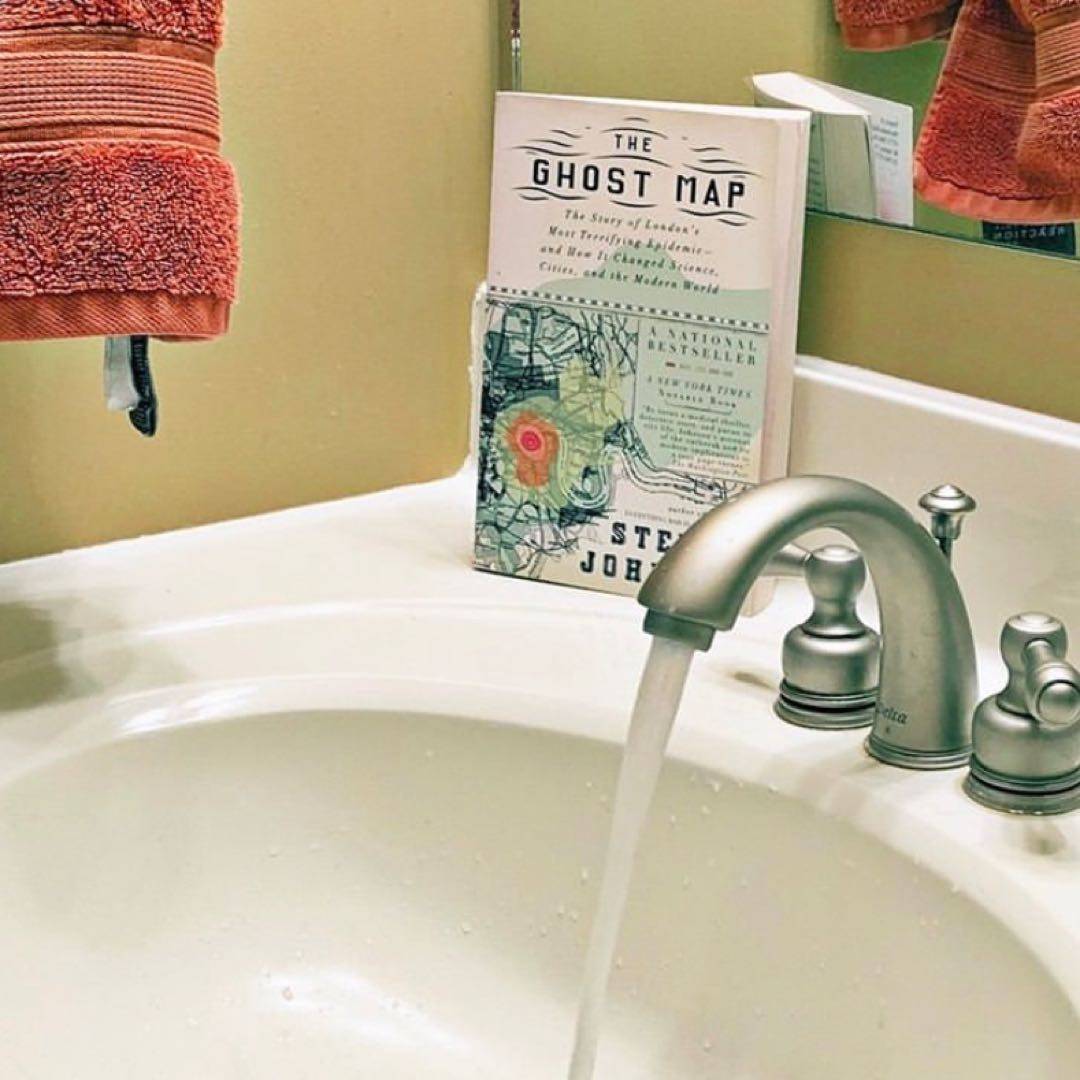
Steven Johnson's The Ghost Map: The Story of London's Most Terrifying Epidemic--and How It Changed Science, Cities, and the Modern World is the best kind of nonfiction. Johnson balances a close look at a horrible cholera epidemic with the ways that its occurrence (and the solutions that followed) resonate today . . . and made me think about so many things that I take for granted.⠀
⠀
The book focuses on two main "characters," ⬇️
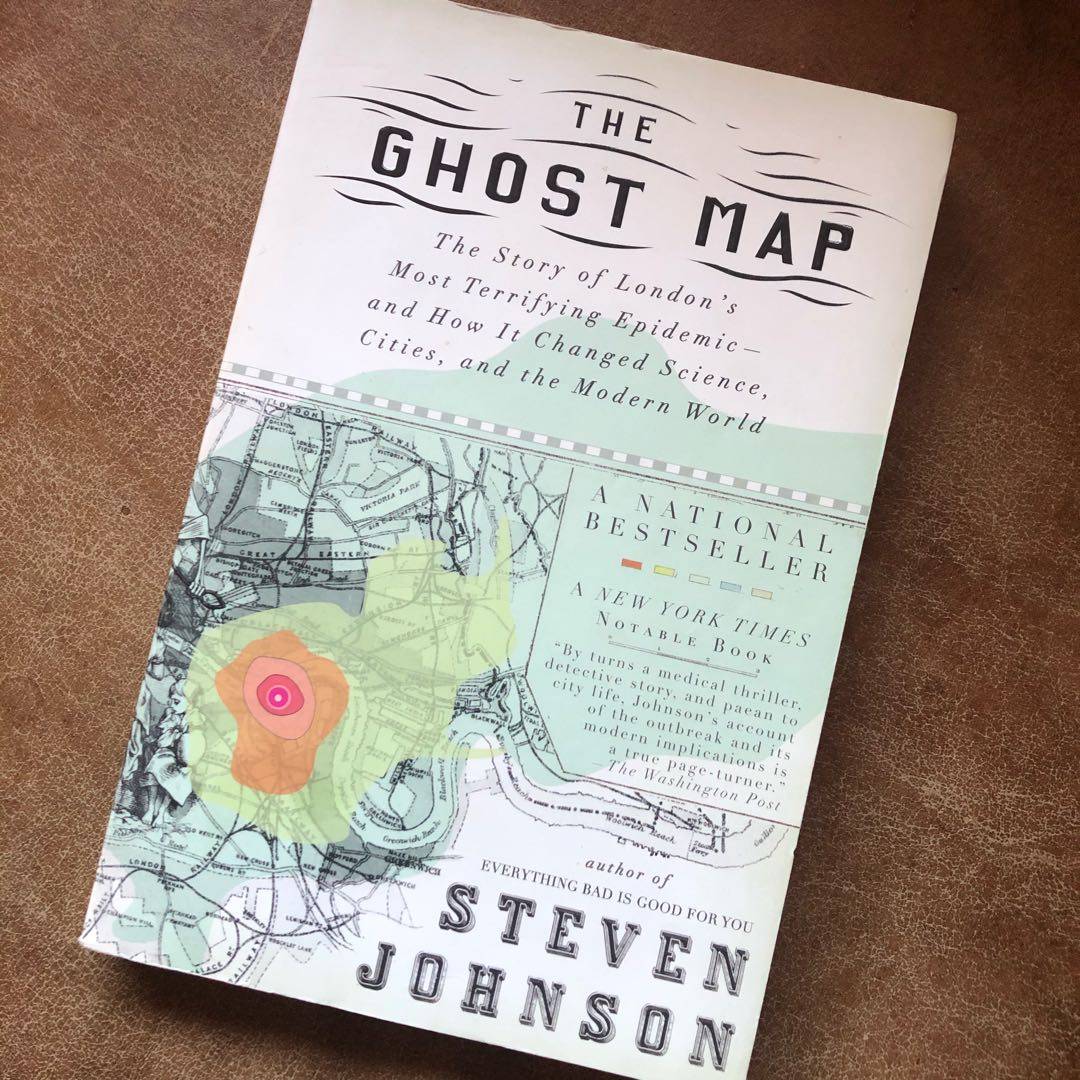
I am posting one book per day from my extensive to-be-read collection. No description and providing no reason for wanting to read it, I just do. Some will be old, some will be new. Don‘t judge me - I have a lot of books. Join the fun if you want.
This is day 142 #bookstoread #tbrpile #bookstagram
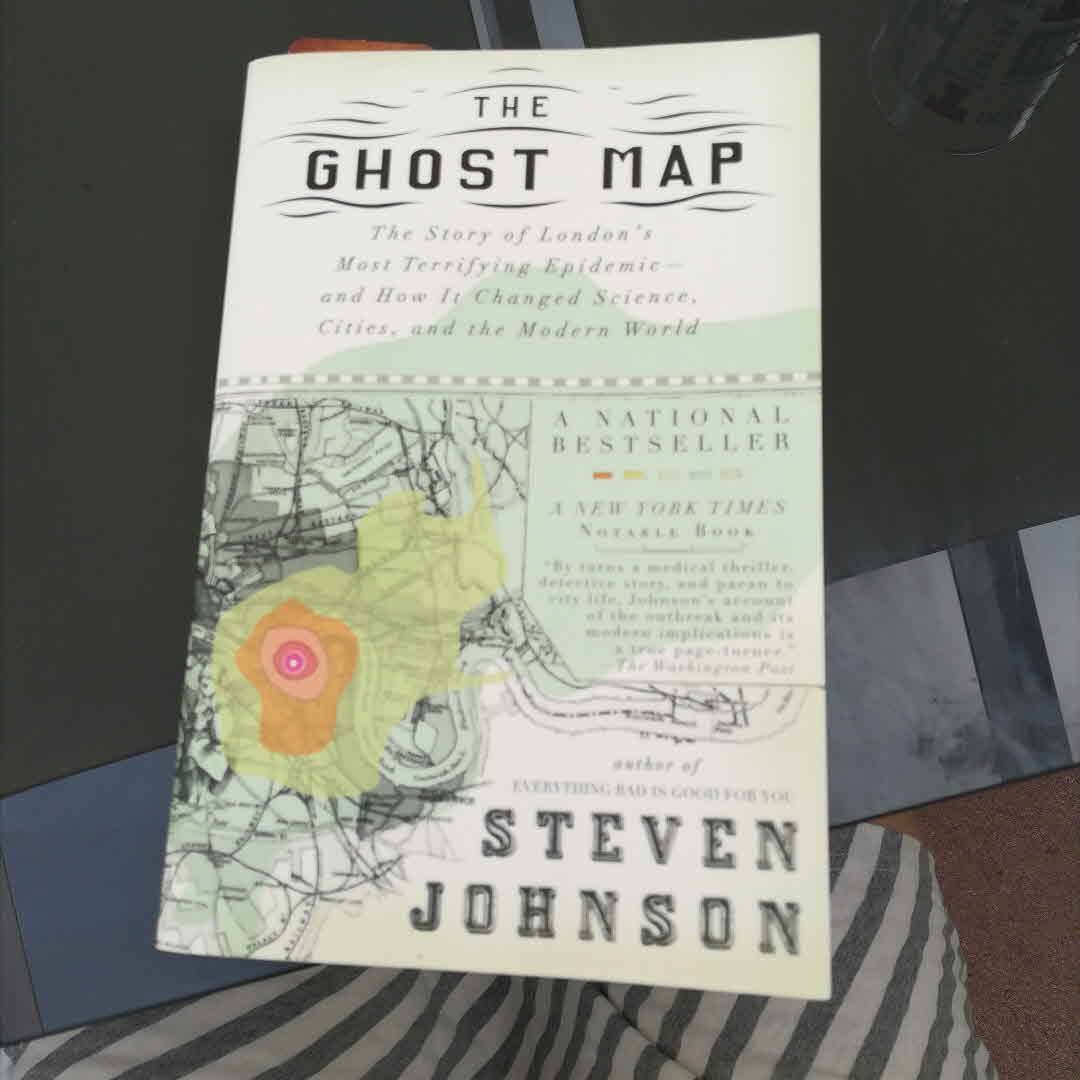
This was great! Really interesting to get to know the Victorian mindset and circumstances. It was well laid out and well written. I also liked the what-does-this-all-mean-for-us chapters in the back.
Overall a very good book on the London cholera epidemic of 1854.
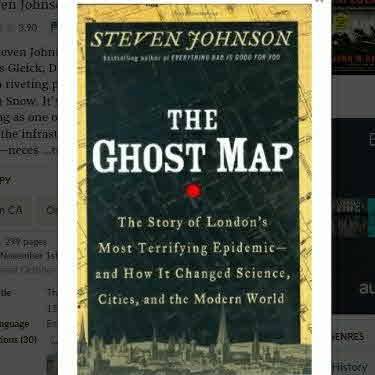
I really liked this investigation and the medical history in this book. There is an additional chapter or two at the end that talks more about cities (I think it‘s mentioned in the extended version of the title), and the pros and cons of having such a huge majority of the world‘s population living in cities. This was the part that wasn‘t quite as interesting to me and where I took off a quarter star.
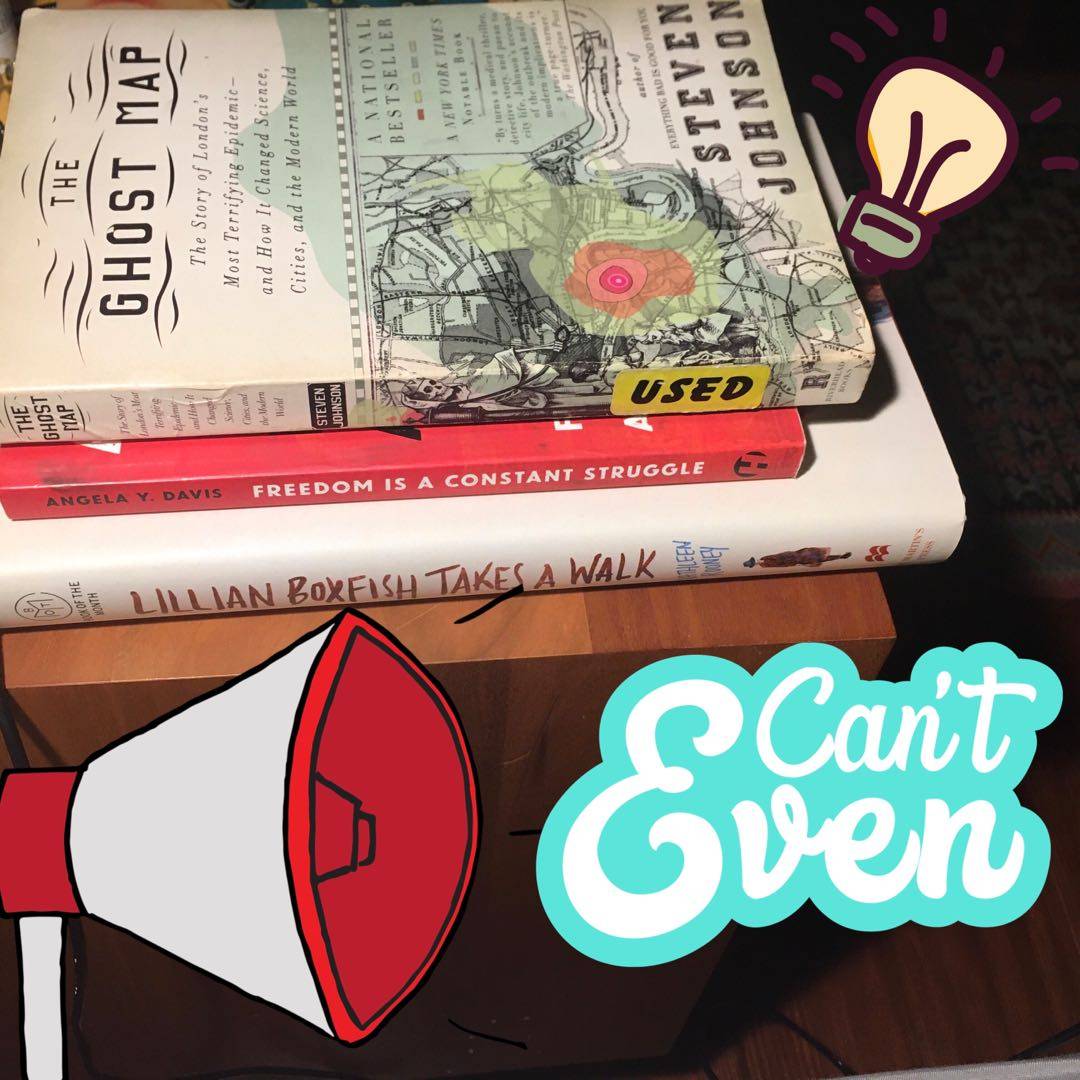
Steven Johnson, where are you on covid?
Truly a prophetic work. So relevant. I cried at the end.
#covid #pandemic #urbanliving #cartography #epidemiology #london #science #stevenjohnson #cholera #quarantine #wearamask #sixfeet
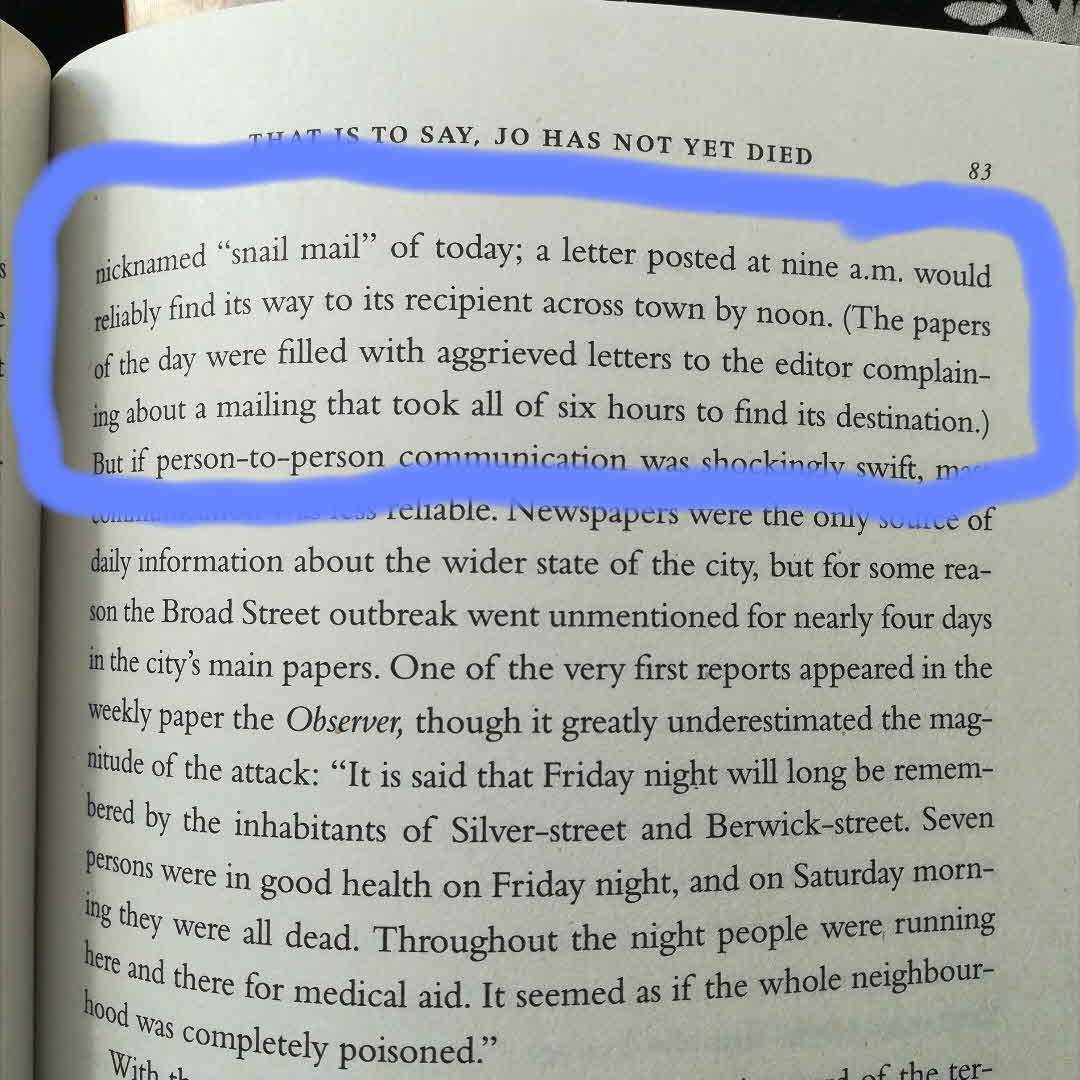
"...The postal service was famously efficient, closer to e-mail than the appropriately nicknamed 'snail mail' of today; a letter posted at nine a.m. would reliably find its way to its recipient across town by noon. (The papers of the day were filled with aggrieved letters to the editor complaining about a mailing that took all of six hours to find its destination.)..."
#litsylove
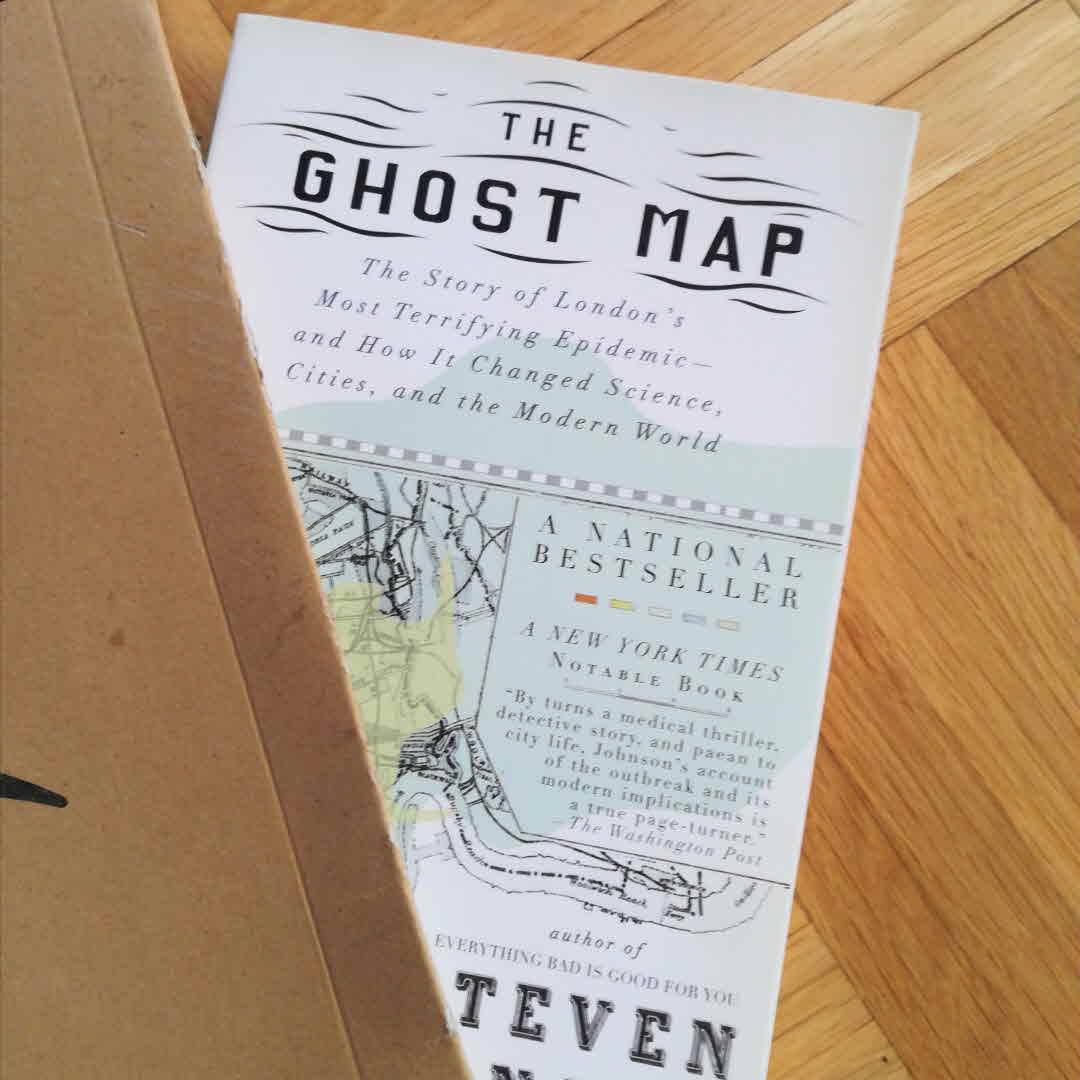
It came today @Mitch

“You have to be a committed libertarian or anarchist to think that the government shouldn‘t be building sewers or funding the Centers for Disease Control or monitoring the public water supply”
🤔
#votehimout #flint #covid #pandemic #cdc #science #publichealth
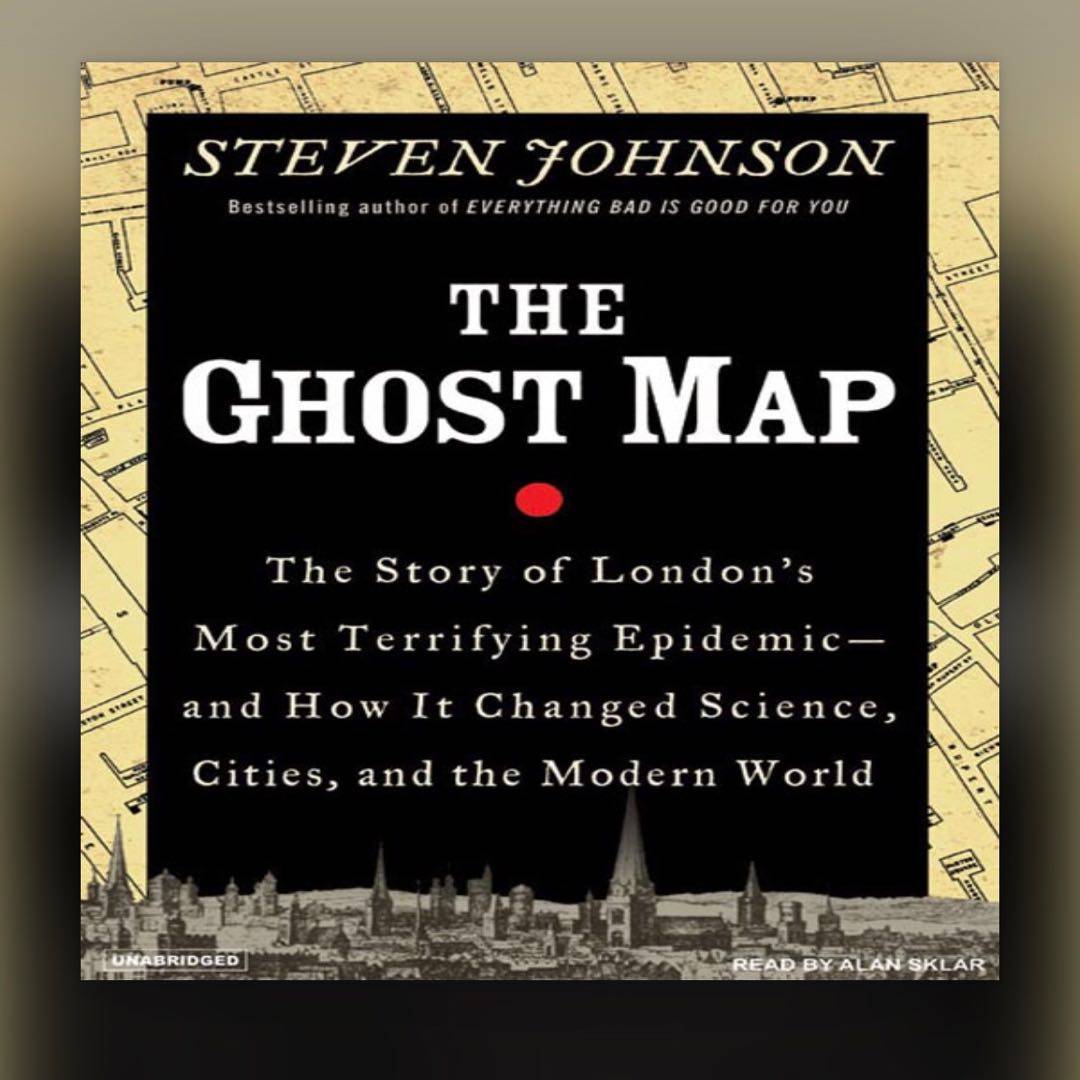
This was a great account of the 1854 Broad Street cholera outbreak and how on scientist helped to advance our understanding of contagious diseases. John Snow was one of the first medical researchers to use logic and painstaking data collection to advance a theory of disease and treatment beyond anecdotal evidence. 3⭐️

“We have a window of a few decades where DNA-based microbes will retain the capability of unleashing a cascading epidemic that kills a significant portion of humanity. But at a certain point—perhaps ten years from now, perhaps fifty—the window may well close, and the threat may subside...” p. 248-249
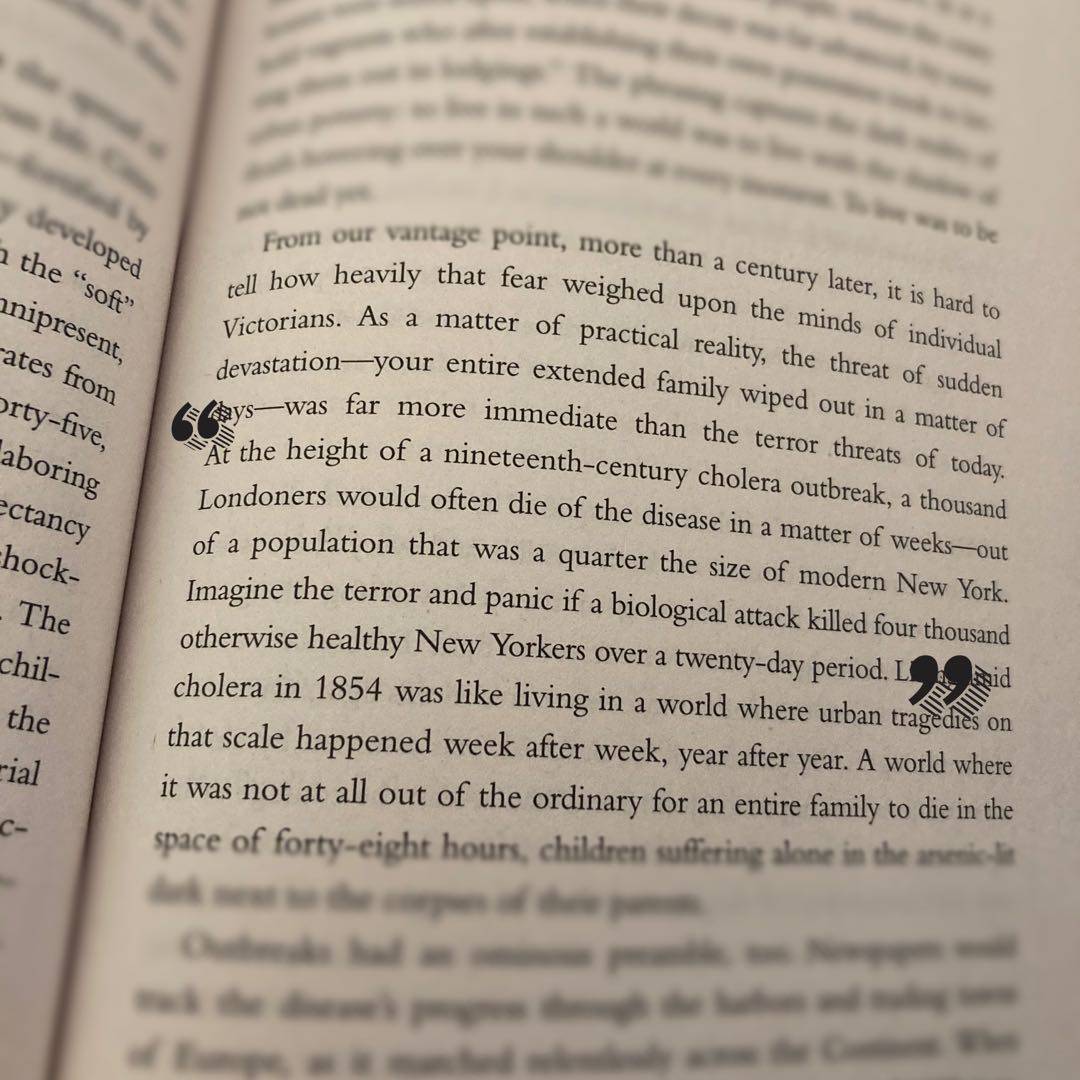
“At the height of a nineteenth-century cholera outbreak, a thousand Londoners would often die of the disease in a matter of weeks—out of a population that was a quarter the size of modern New York (2006). Imagine the terror and panic if a biological attack killed four thousand otherwise healthy New Yorkers over a twenty-day period.” p. 85
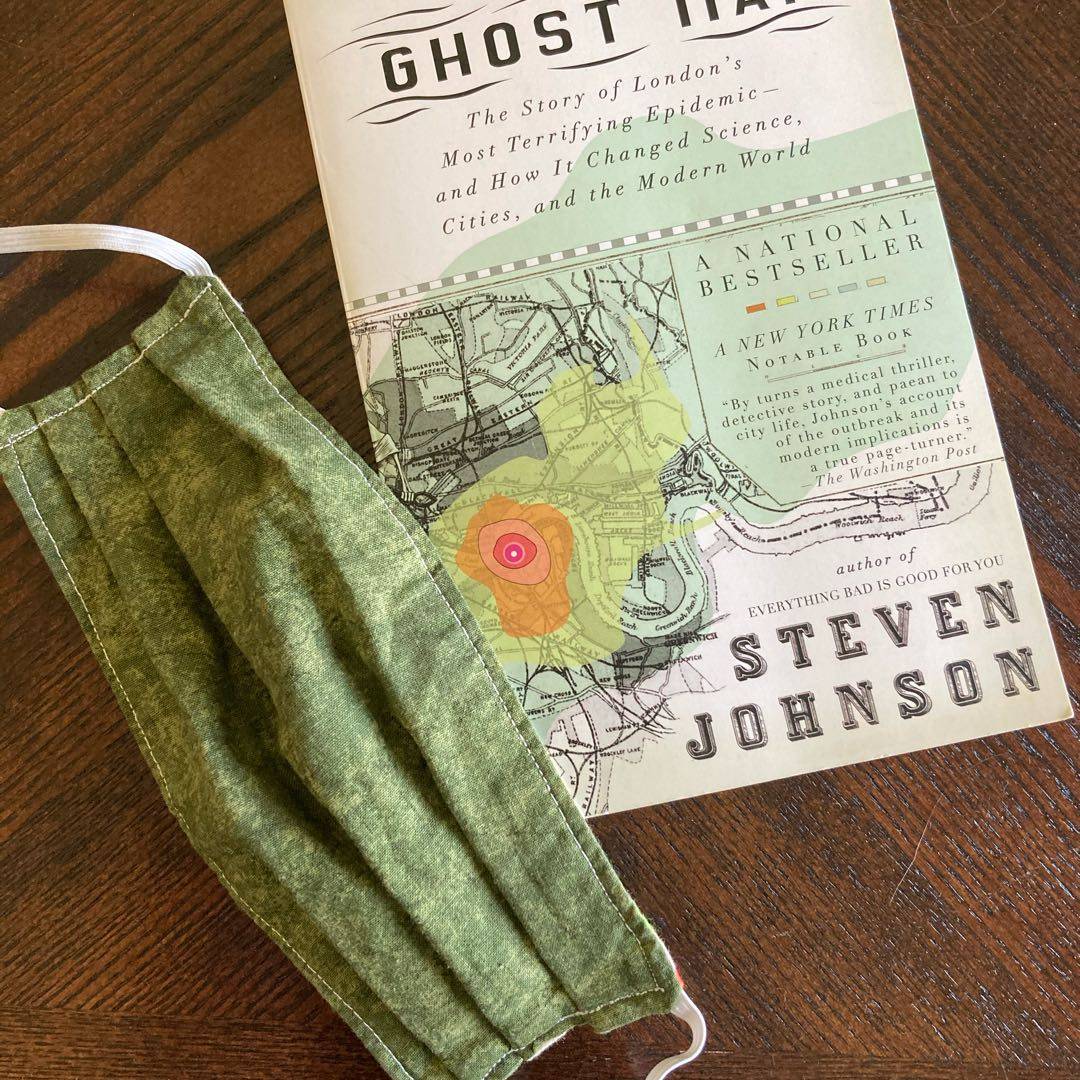
This was an assigned reading for a statistics course and then passed on to me. It is difficult to rate due to the subject matter; a deadly cholera epidemic in London more than 150 years ago. It is part medical history, biography and reflection on urbanization. It is an insightful analysis of all three. It is interesting but may be a difficult read as we endure a pandemic and recognize the fear it produces and the brilliance it inspires.

This book is a historical narrative of the 1854 cholera outbreak in London. I found it totally fascinating. It was also very educational as to how bacteria‘s work.
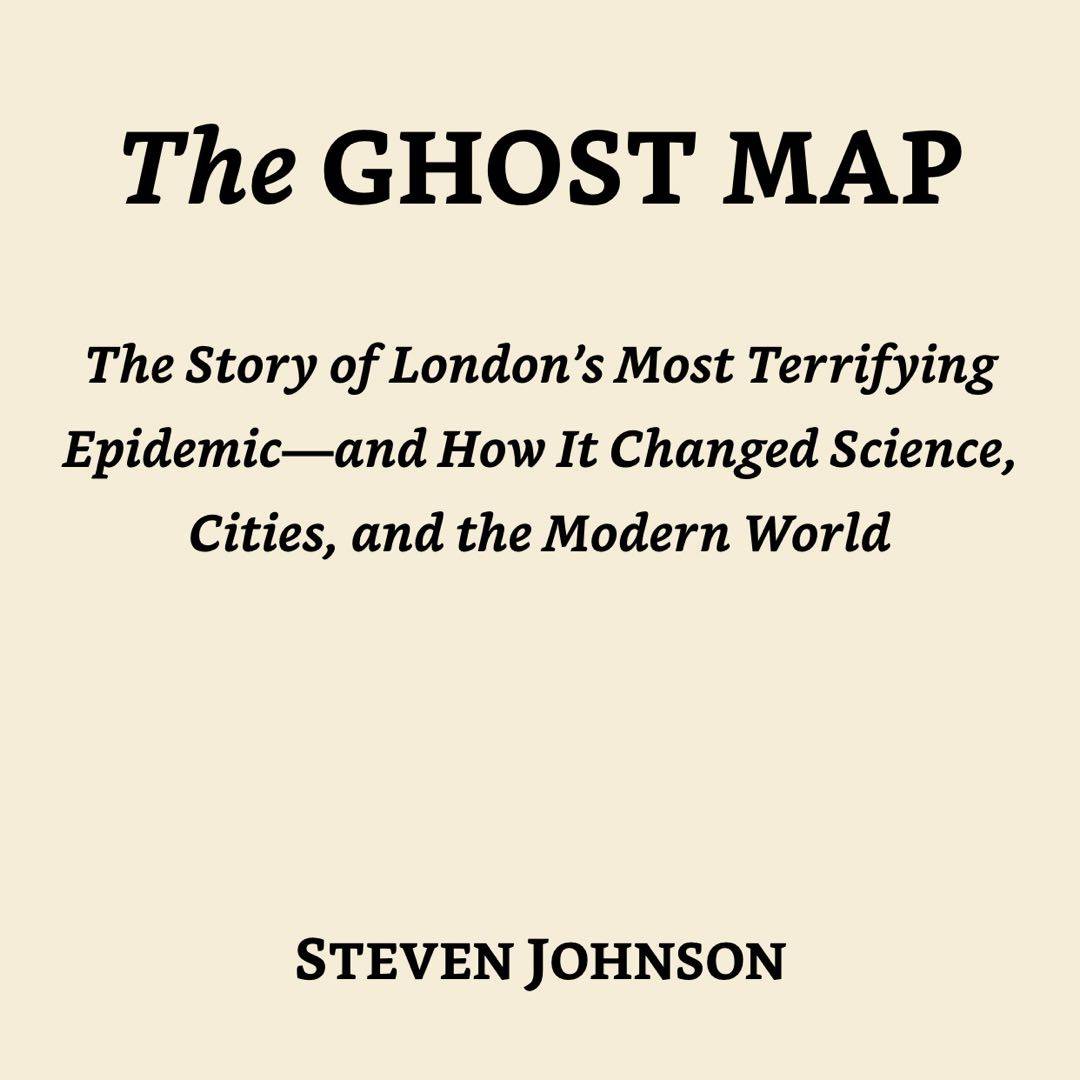
Reading now: Probably not the smartest book to read right now but, I‘m still going for it.
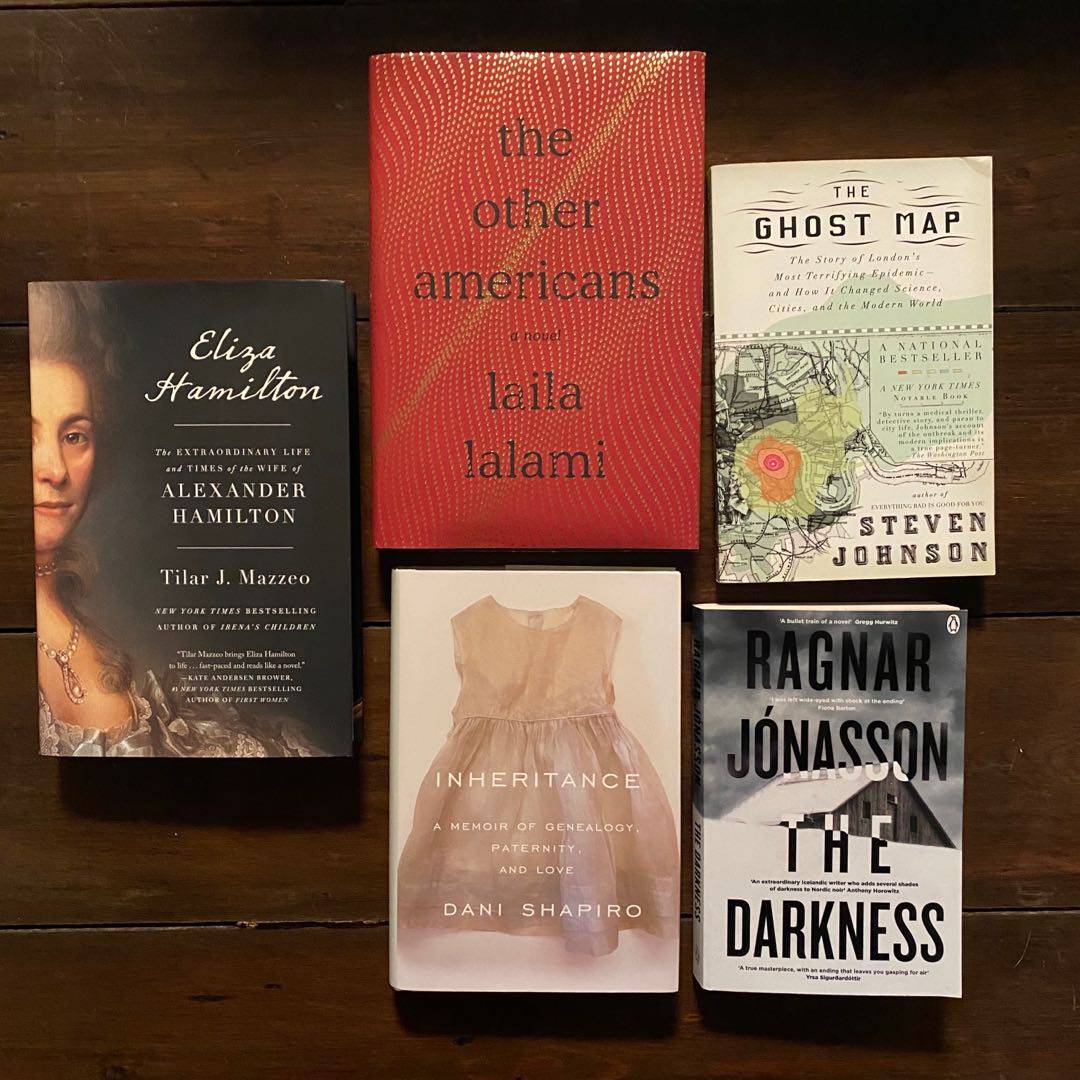
#Decemberwrapup
Great reads and one terrible one! This month I‘ve stood around the Broad Street pump contemplating the cholera outbreak devastating the community, gone on a personal journey to explore who we are, questioned the accepted truth about an extra marital affair, steps inside the shoes of another and been bitterly disappointed in Iceland!
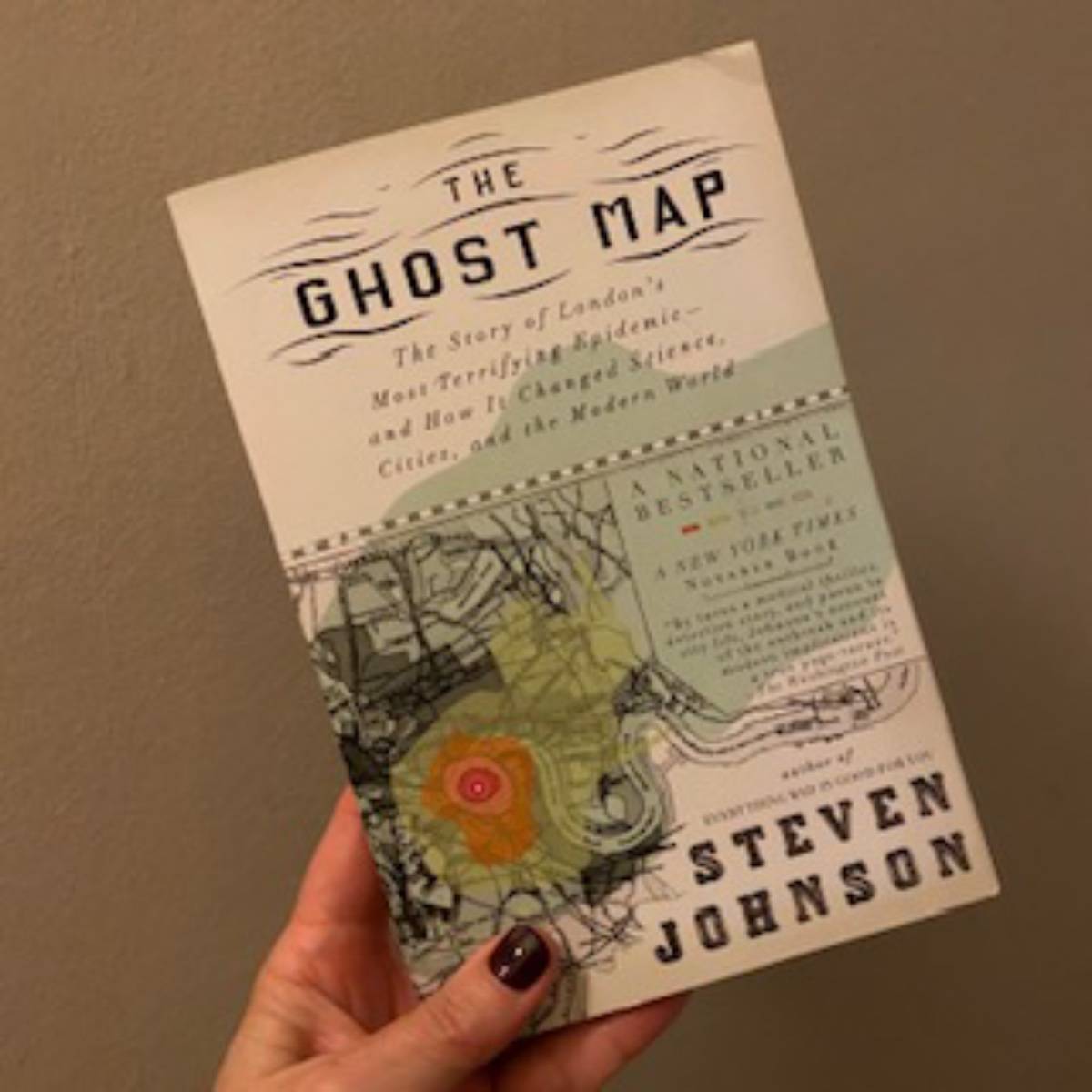
This starts small, tracing the cholera outbreak in a small London community, summer 1854 - & the key characters who tried to explain, map & prevent a further outbreak. Then moves to a passionate argument for the future of cities. In between there are really informative micro lessons on a range of related topics. I enjoyed the tracking of the outbreak and the work of John Snow immensely - could have read the whole book just about him and his work.
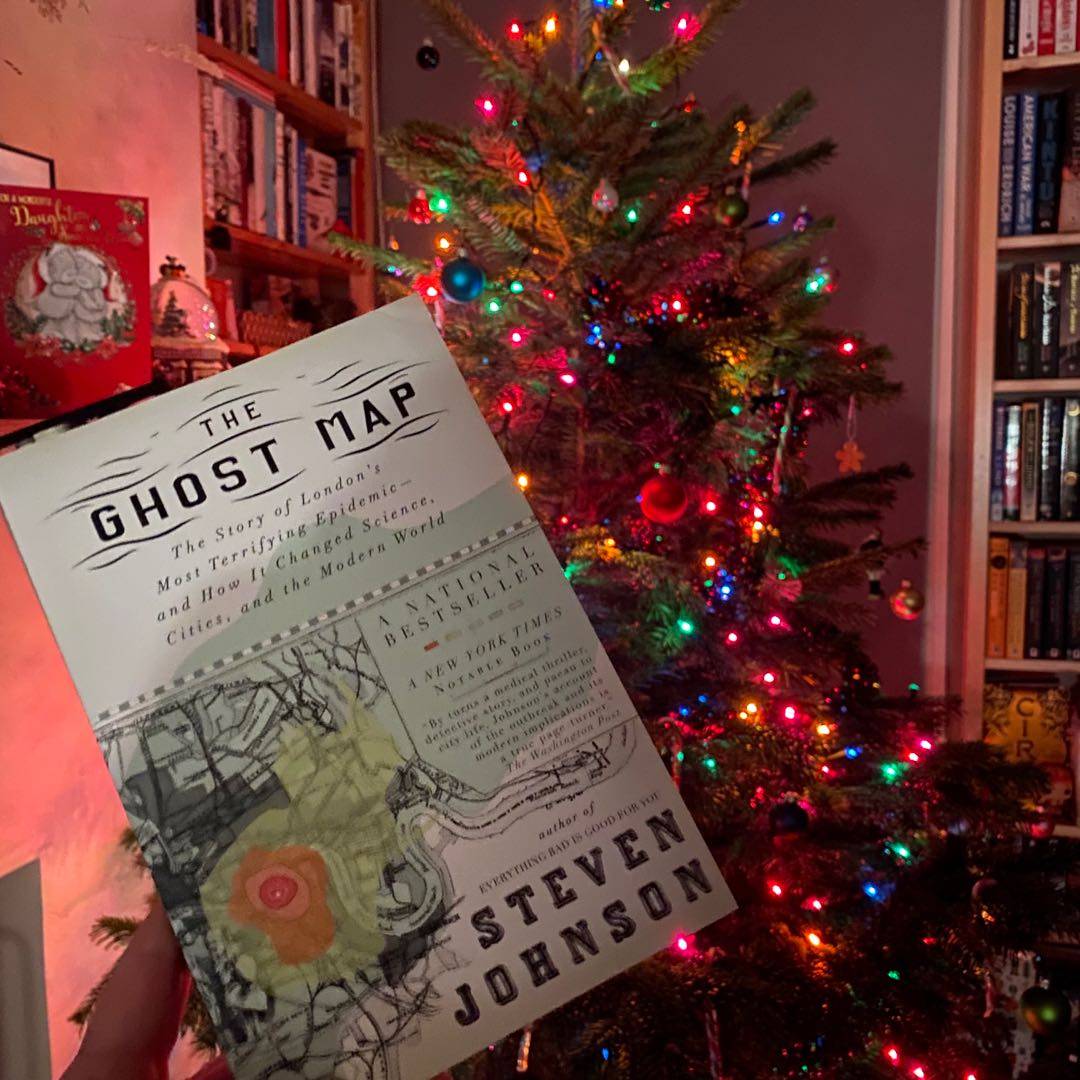
Starting a new book today. In my defence I know a book about the mapping of a nineteenth century cholera outbreak isn‘t an immediately obvious choice for Christmas reading - but it does contain lots of quotes from Dickens!
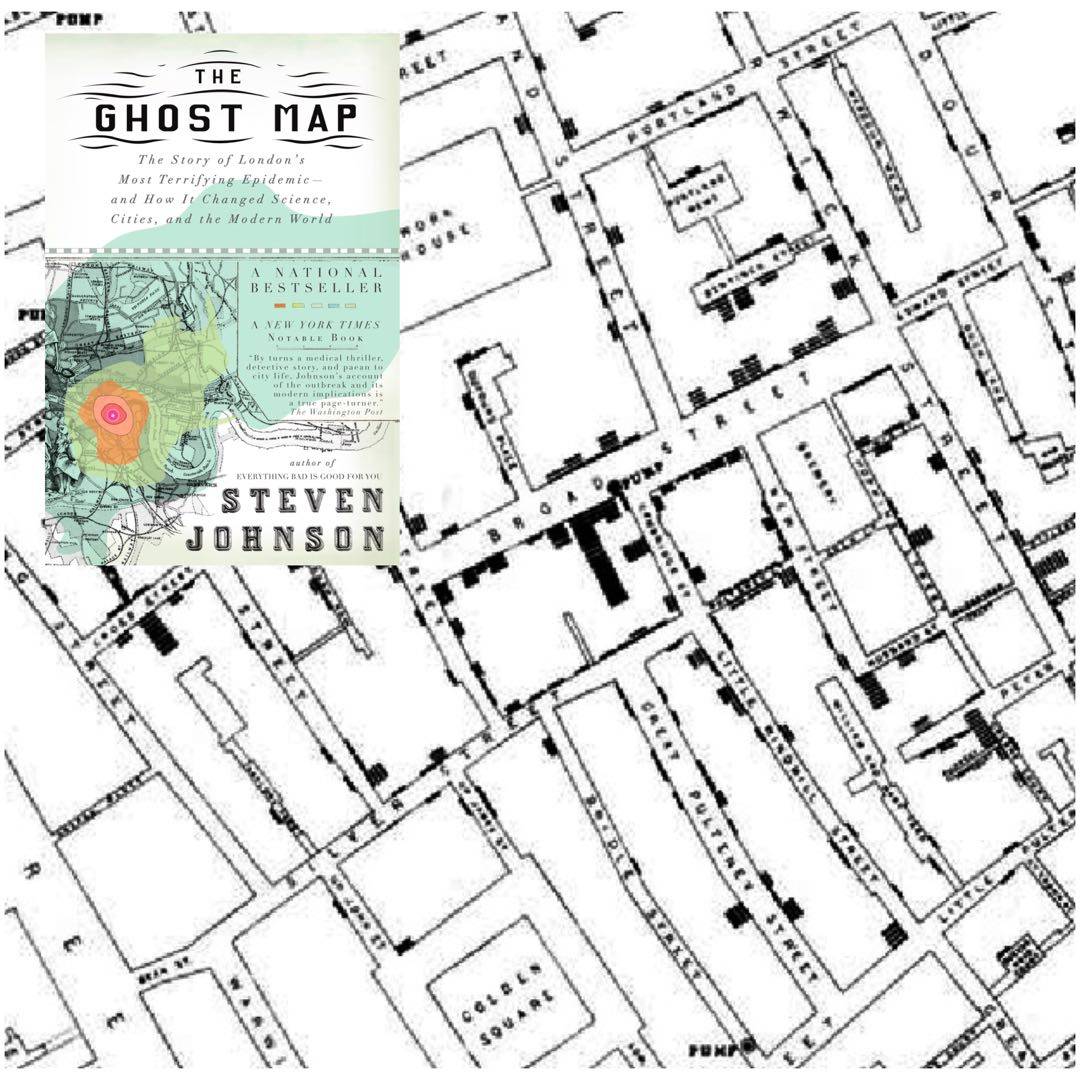
Overall a pick but I felt like it dragged in parts. There was a lot of writing devoted to city development. I would like to have had more on the cholera epidemic and the investigation that went into finding the root cause of it. The means used to find patient zero and the obstacles faced by the investigators was fascinating.
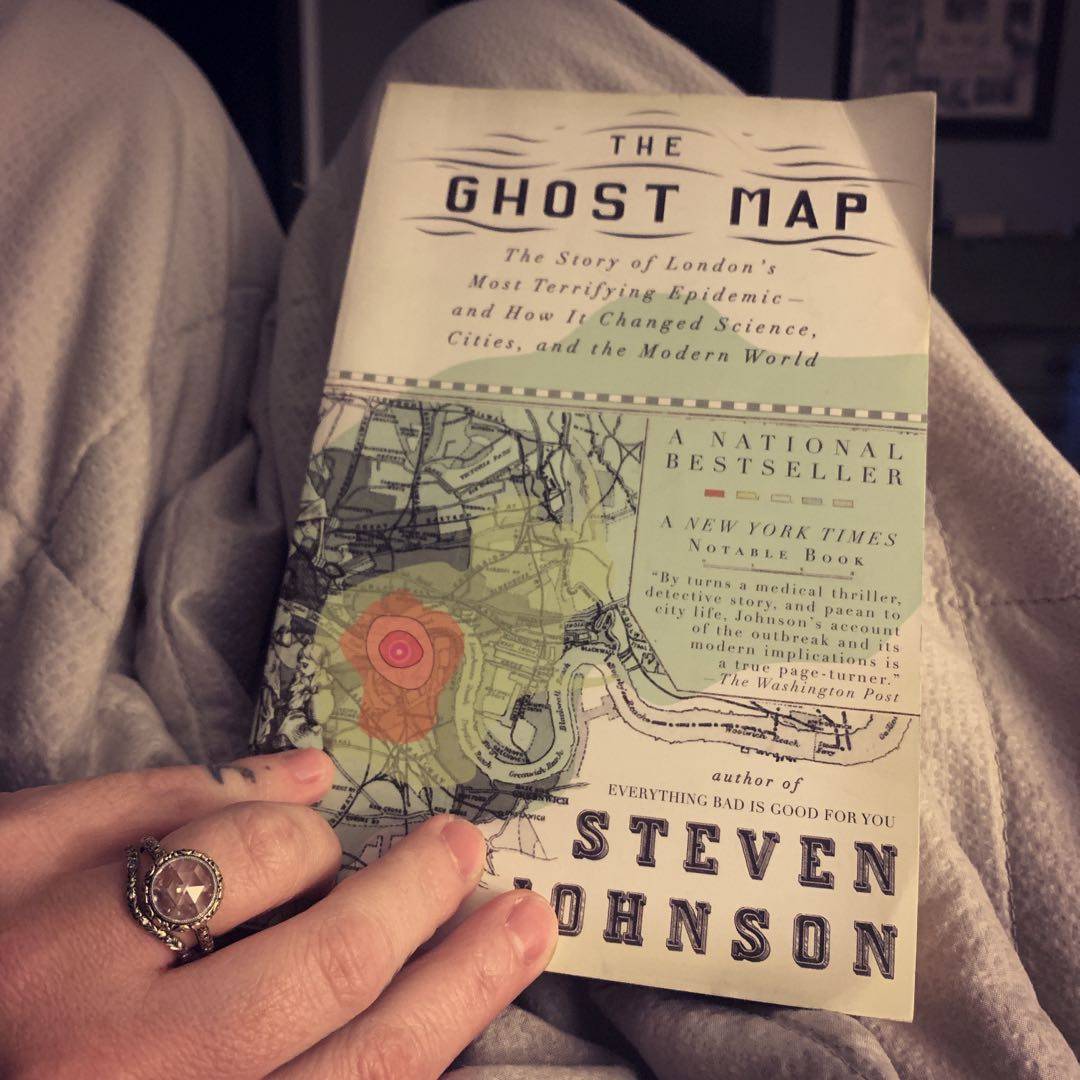
Very interesting, but I feel like it could have been condensed into a much smaller version and still have gotten its point across.

Perfect weather for #audiowalking and...cholera! I'm surprisingly really enjoying this, nonfiction isn't my normal jam but this has an excellent narrator and most of it reads like a story rather than a dry recounting of facts. I only tuned out a few brief sections that didn't interest me as much, like the bit about the history of urban development.
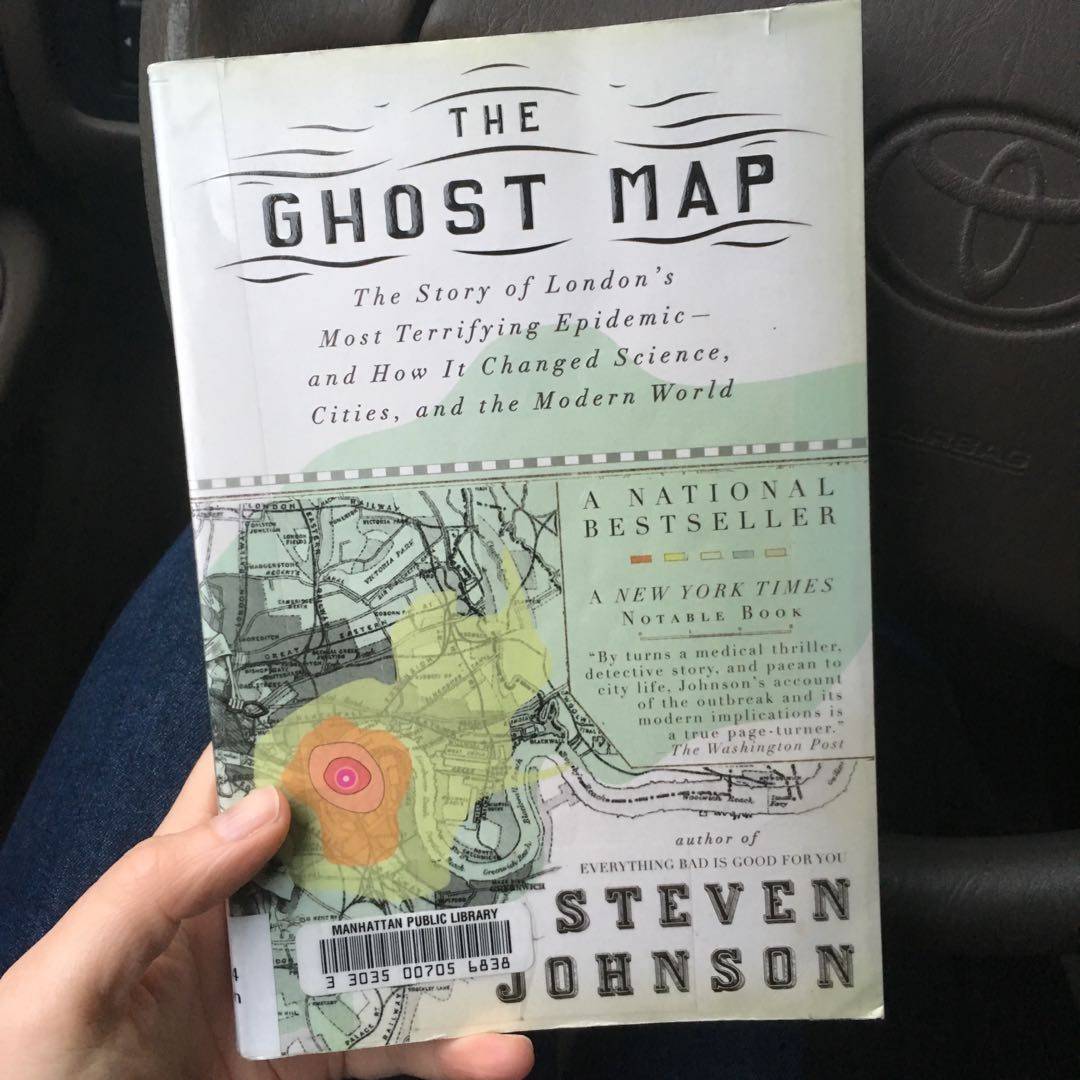
An interesting read about a serious cholera epidemic in Victorian London and the investigator who figures out how to end it. It reminded me what a blessing it is to have easy access to good healthcare and clean water, and how we need to make sure that everyone has access to these things.
A great little book about how an investigation into a Cholera outbreak in London eventually changed the way Victorian peoples viewed contagion. We know so much about this event due to the hard work of two gentlemen who were determined to find the real cause of the outbreak. I learned a lot about urban living and development. Way too many references to Charles Dickens though. I‘m still trying to forget all the damn Dickens I read in college.

Not quite as attractive as the Jon Snow we‘re all waiting to see tomorrow night but this John Snow was a pretty cool science man.
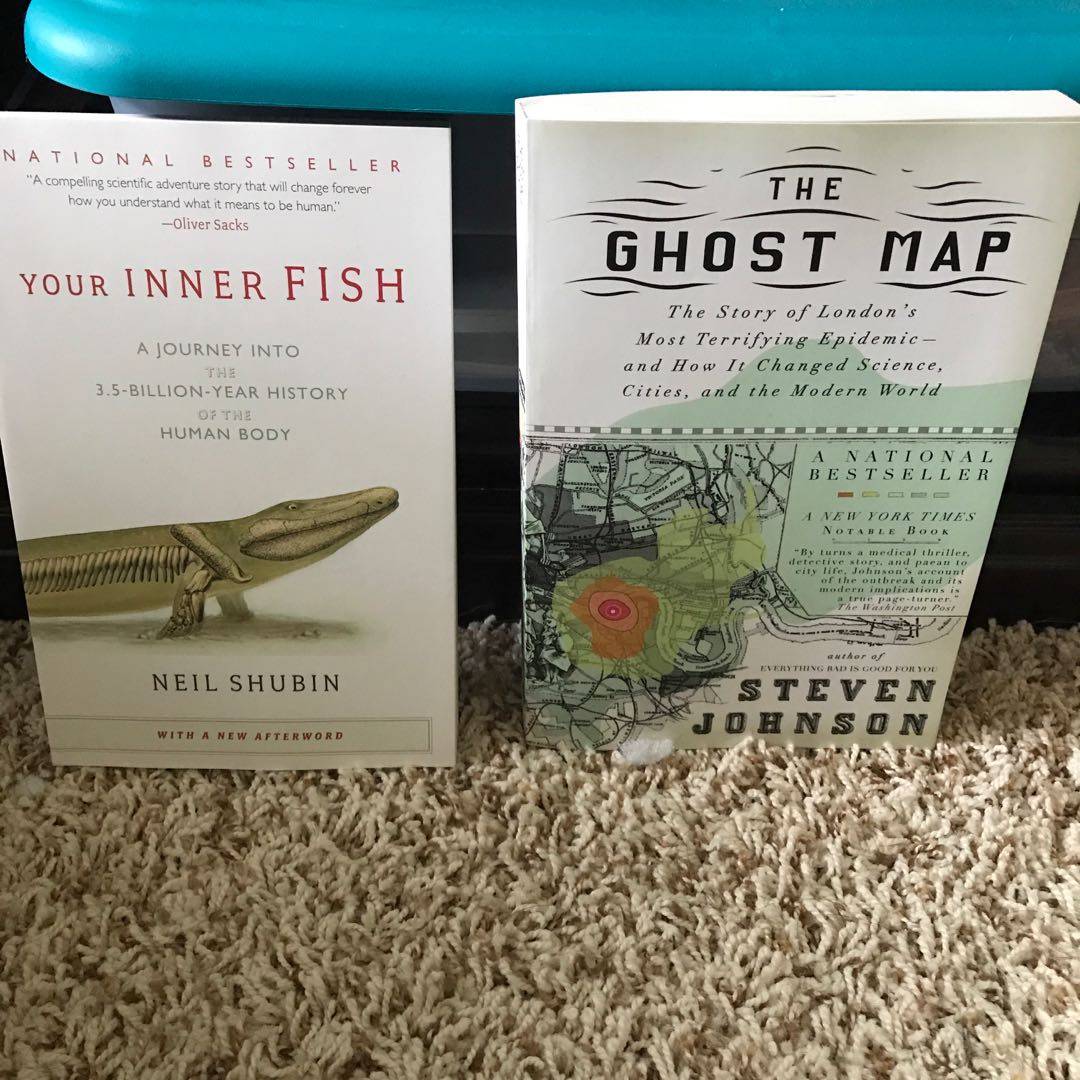
Today‘s mini #bookhaul
I‘ve been on a nonfiction kick lately. I picked these up and B&N. I love Your Inner Fish but it was stolen out of my car ages ago (along with a book about phosphorus...thieves are weird). I‘m always up for a book about epidemics so The Ghost Map caught my eye.
Also, super excited to report my fiancé finally bought something fun to read. He reads so much research for work that it‘s been years since he‘s read for fun.

I find diseases fascinating. So I was excited to read about the 1854 cholera outbreak in London, of which I knew only a little. The book delivered on teaching me about cholera, the history of it, the outbreak, how it was discovered that it‘s waterborne, and how it impacted the world. However, I did skim the last 75 pages or so, which seemed like a looooong essay on modern shanty towns and how mega cities are changing the world.
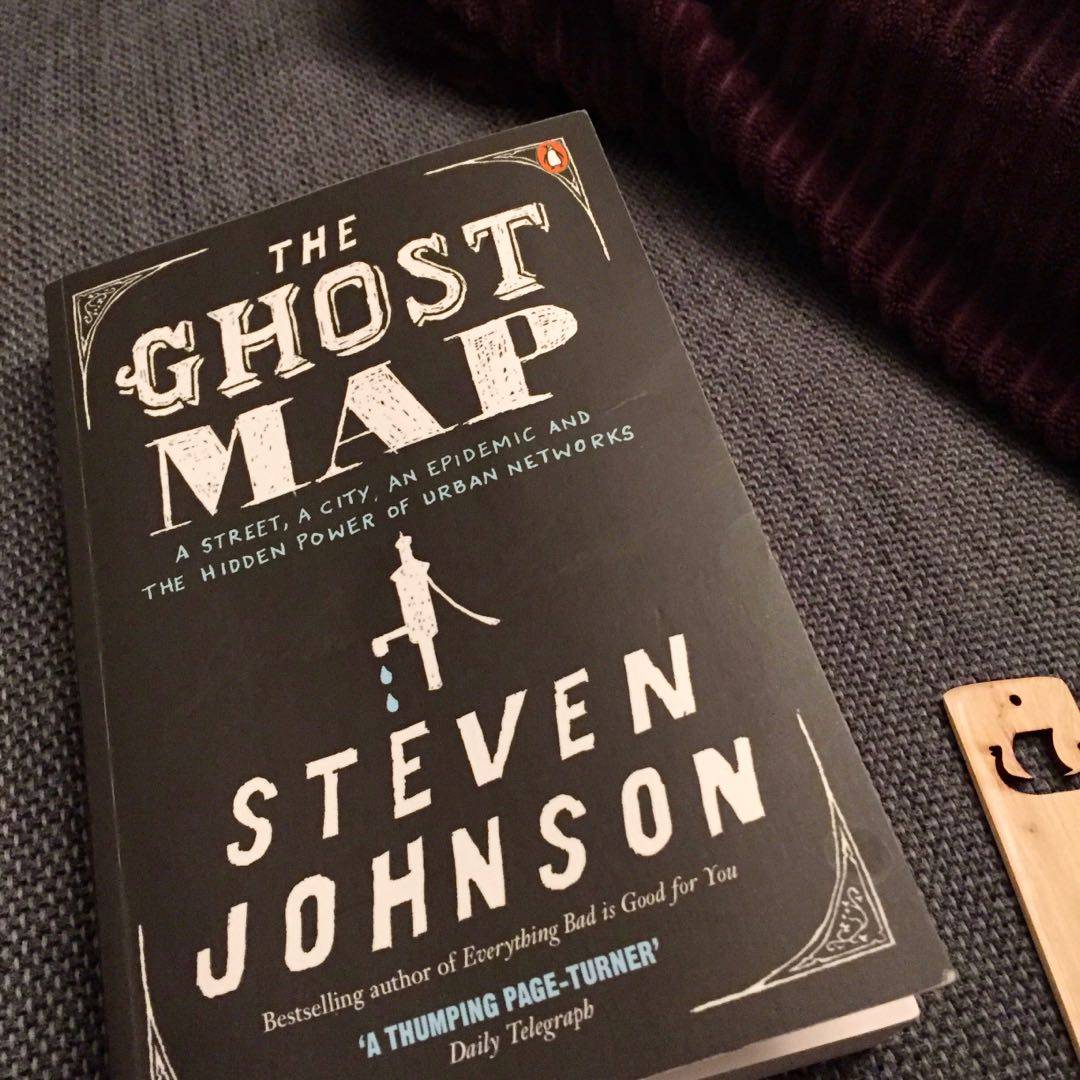
I absolutely loved this book!
Steven Johnson pulls together several reports and accounts into a compelling narrative of urbanisation, disease, and epidemiology.
How all the threads of investigation by various boards, Henry Whitehead, and John Snow came together, confirmation of the theory via another outbreak, the importance of the disease maps both then and now, and the potential implications of city living blew my mind!
#NonFiction #Cholera